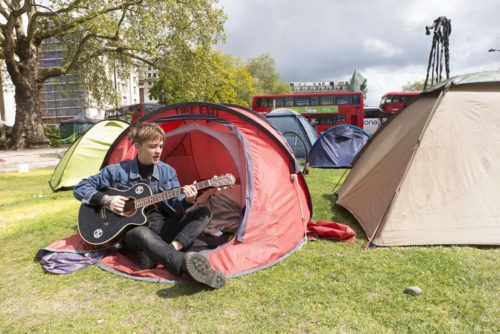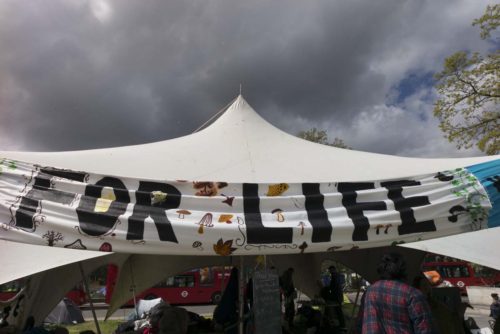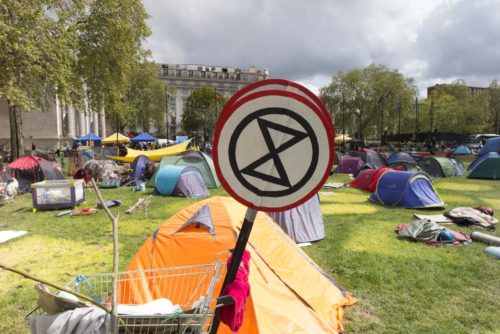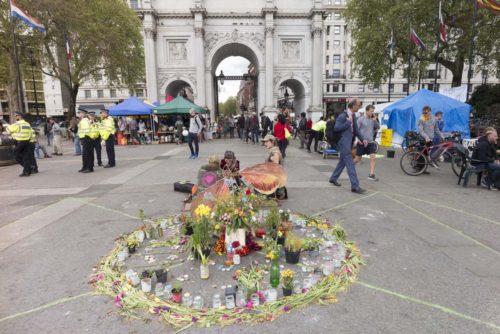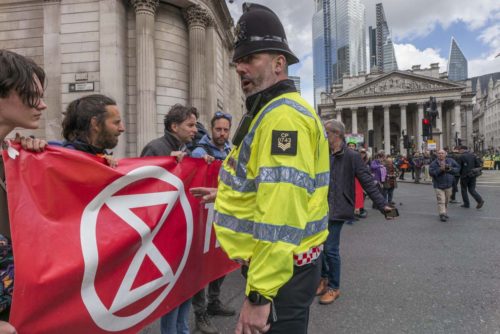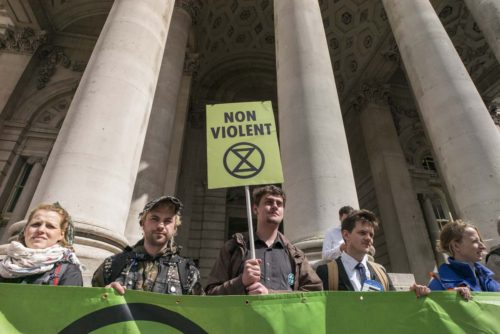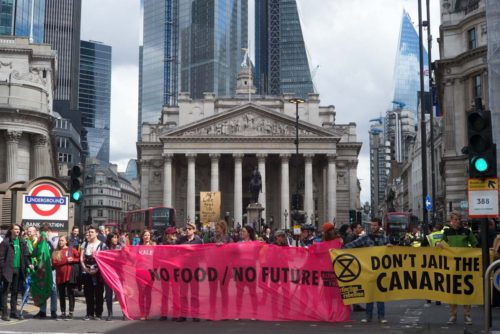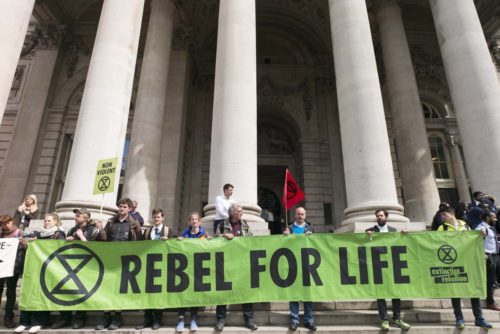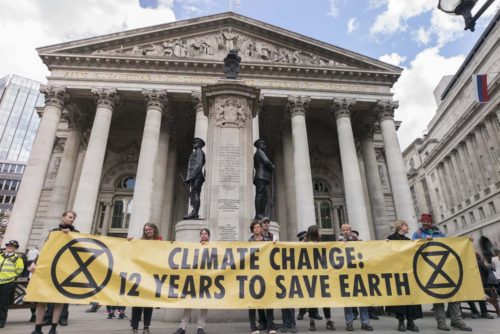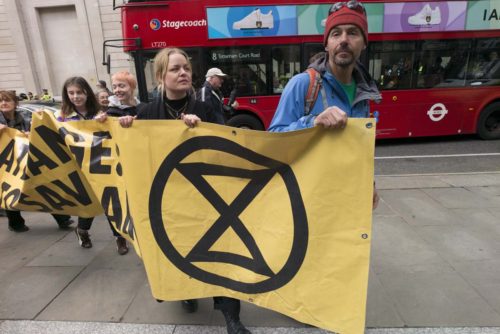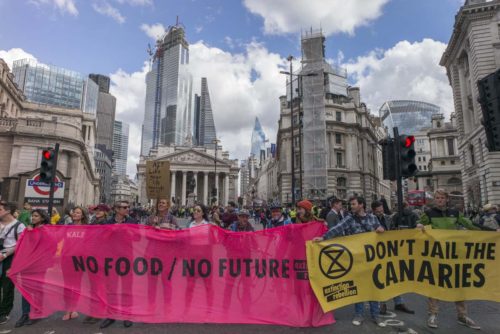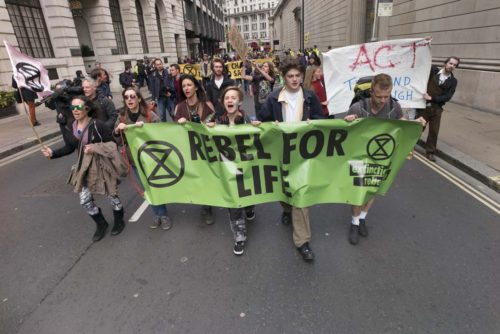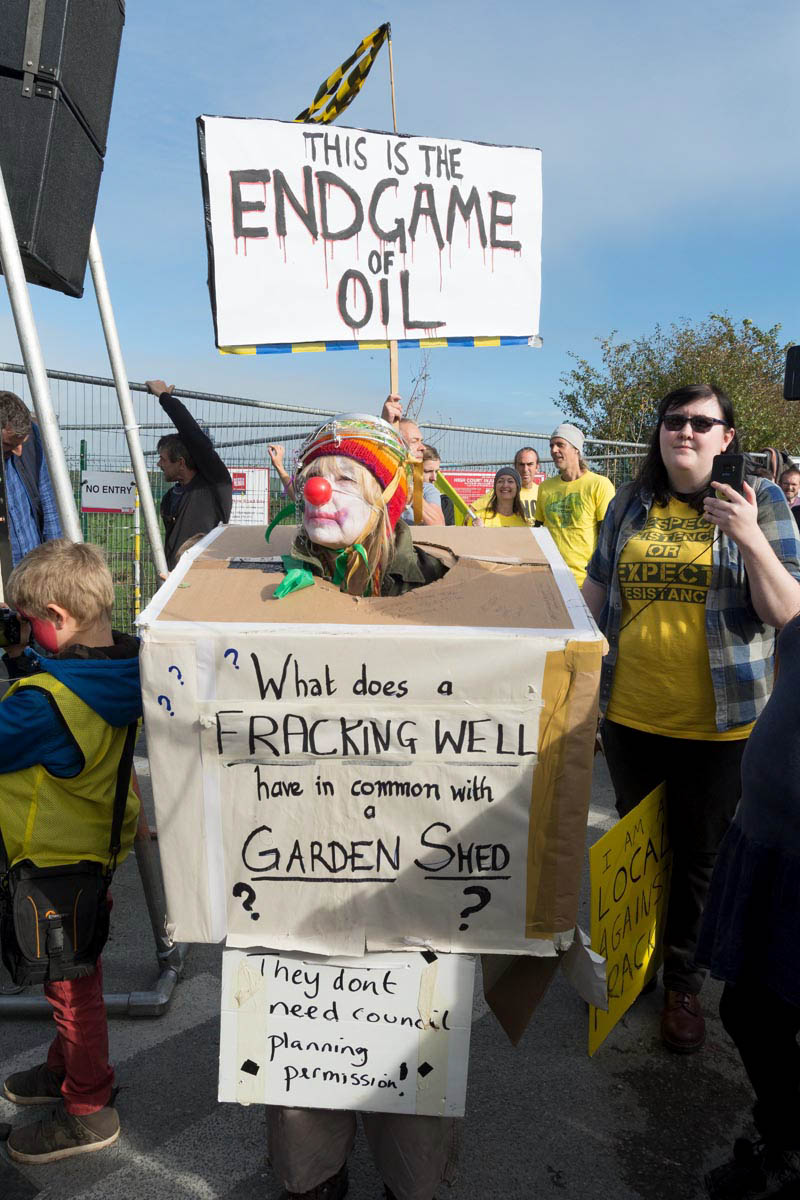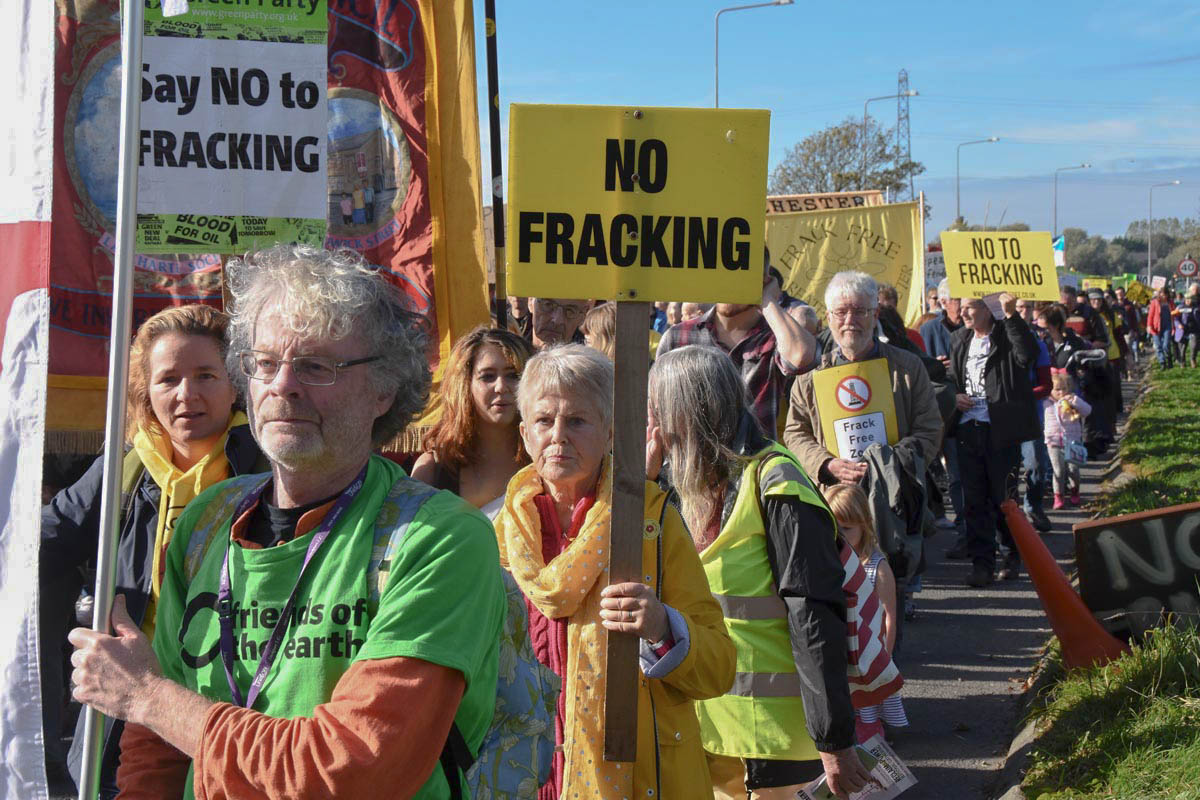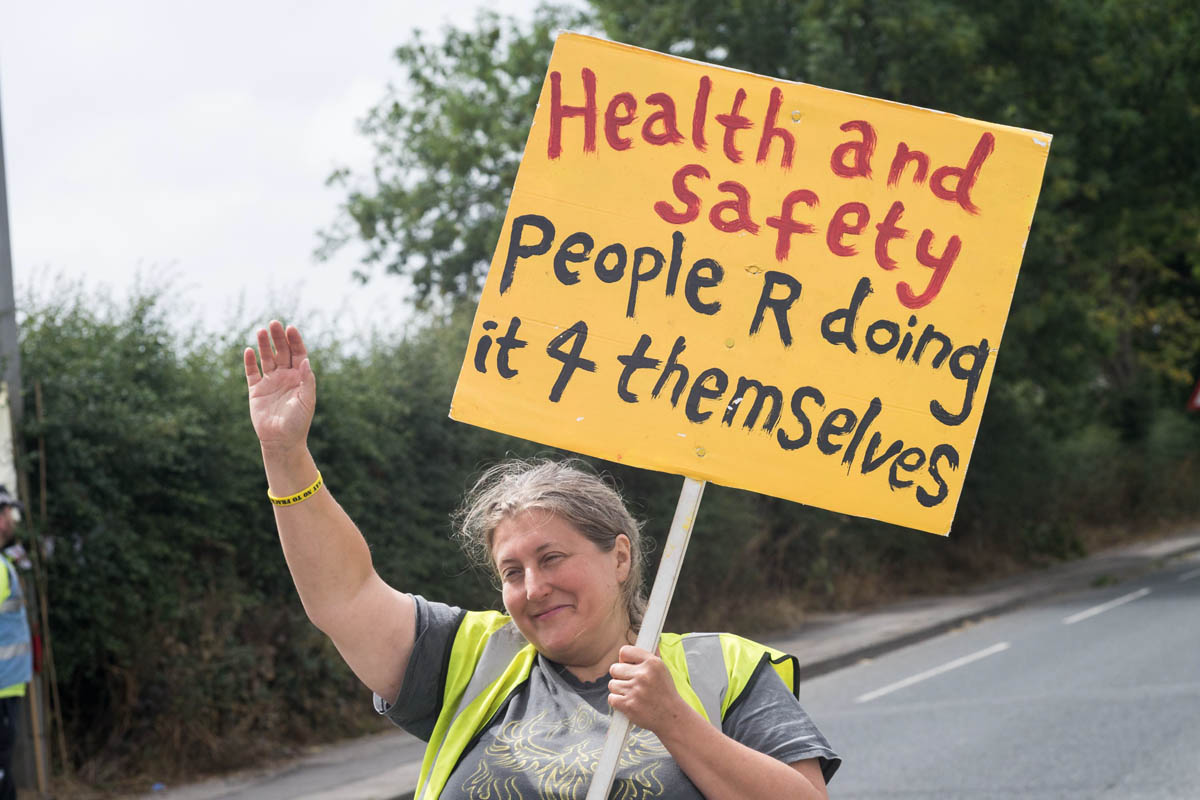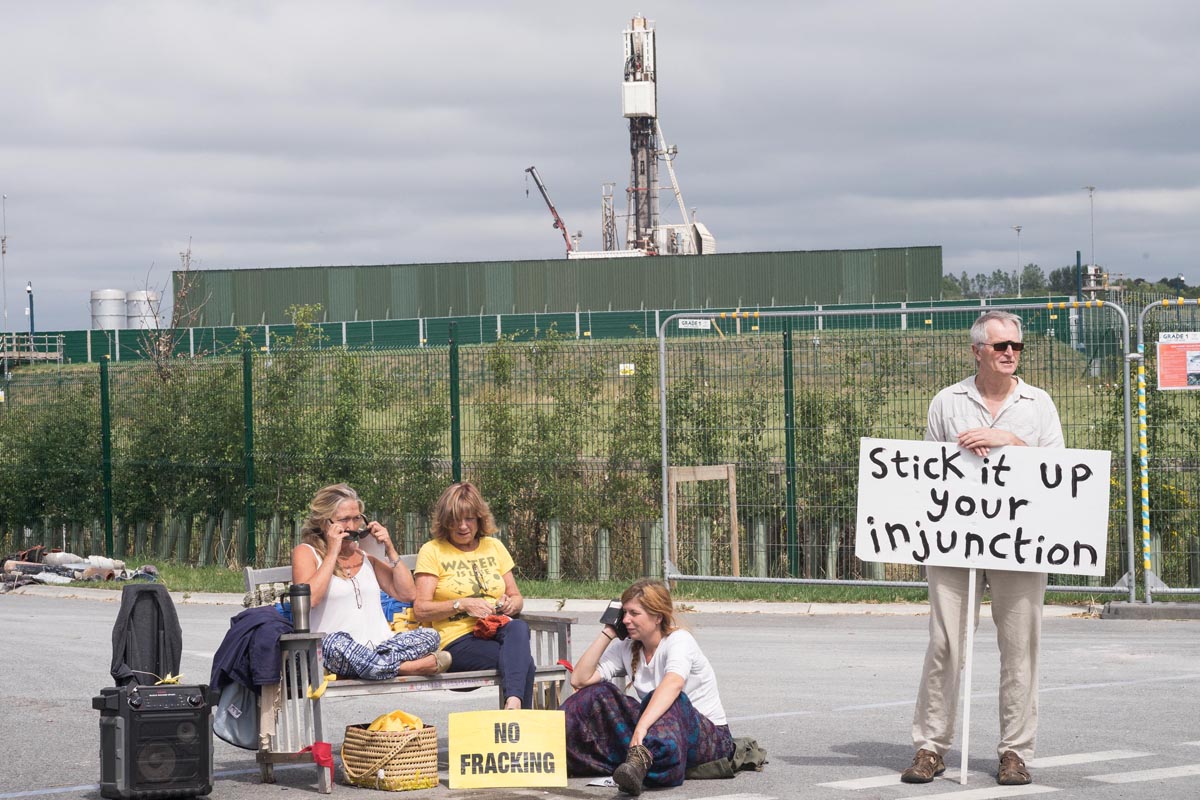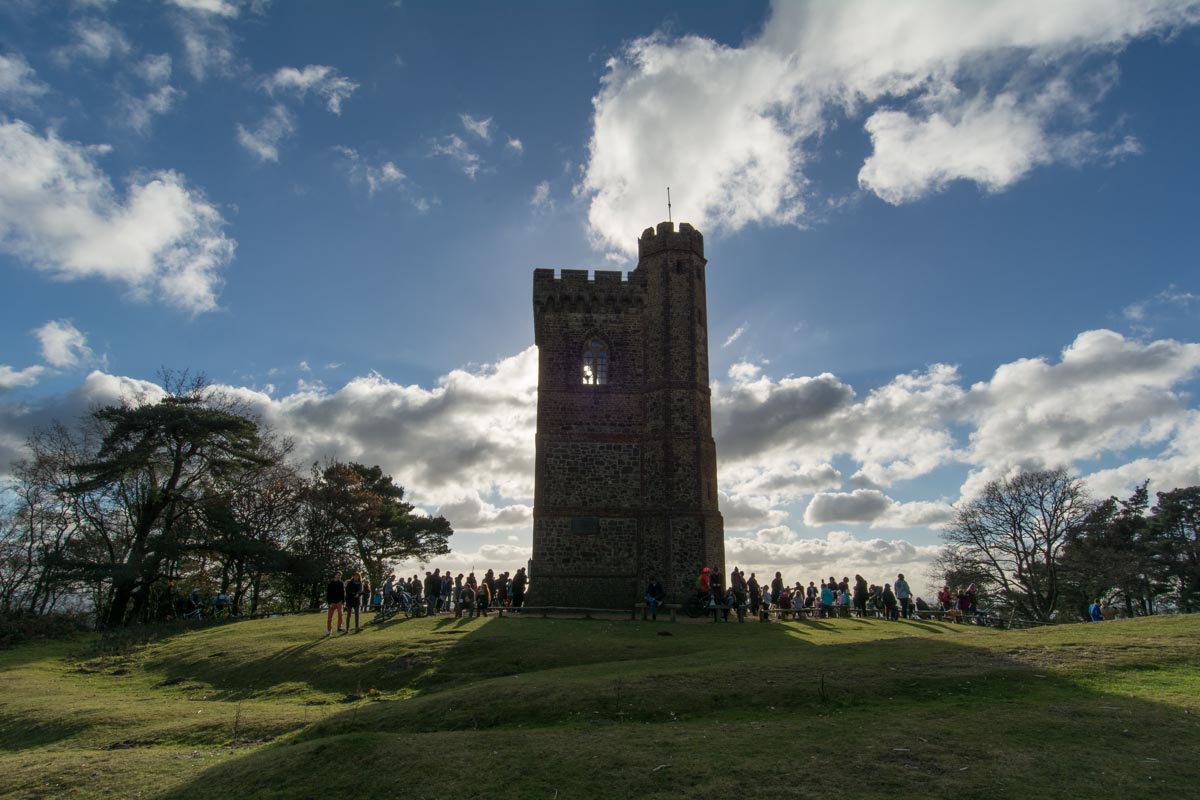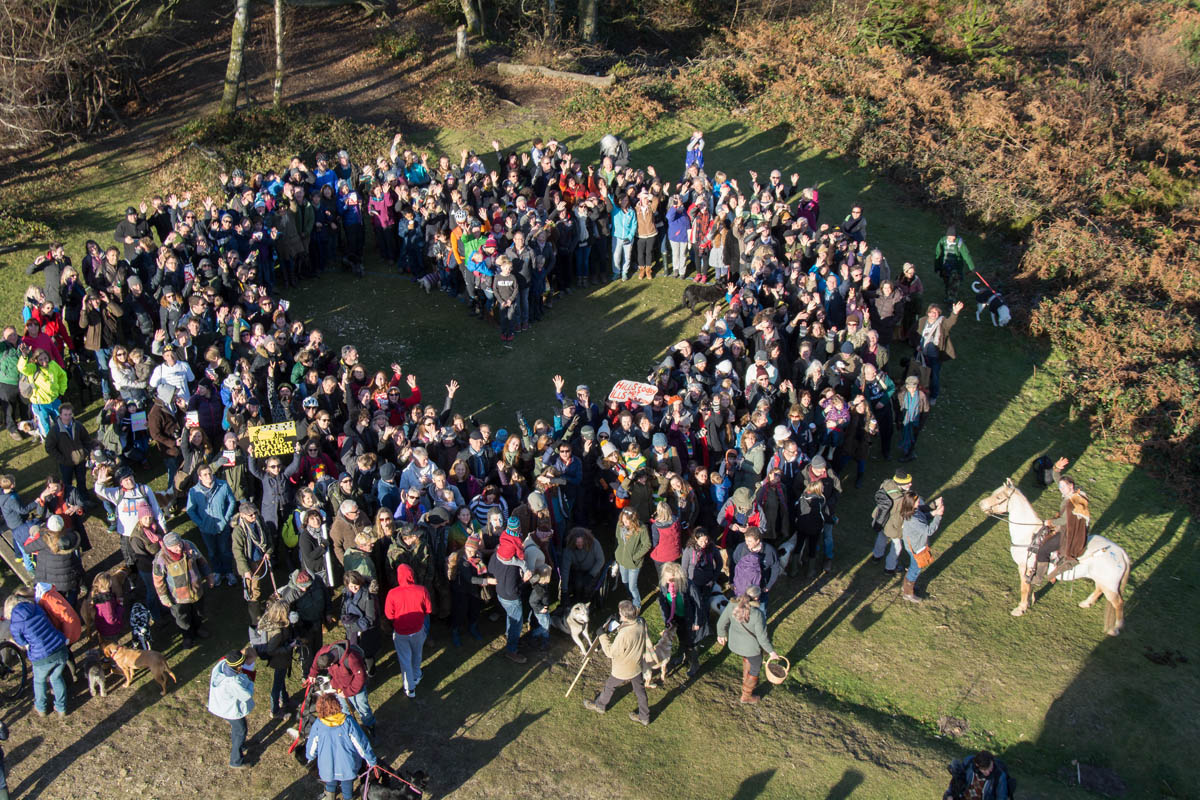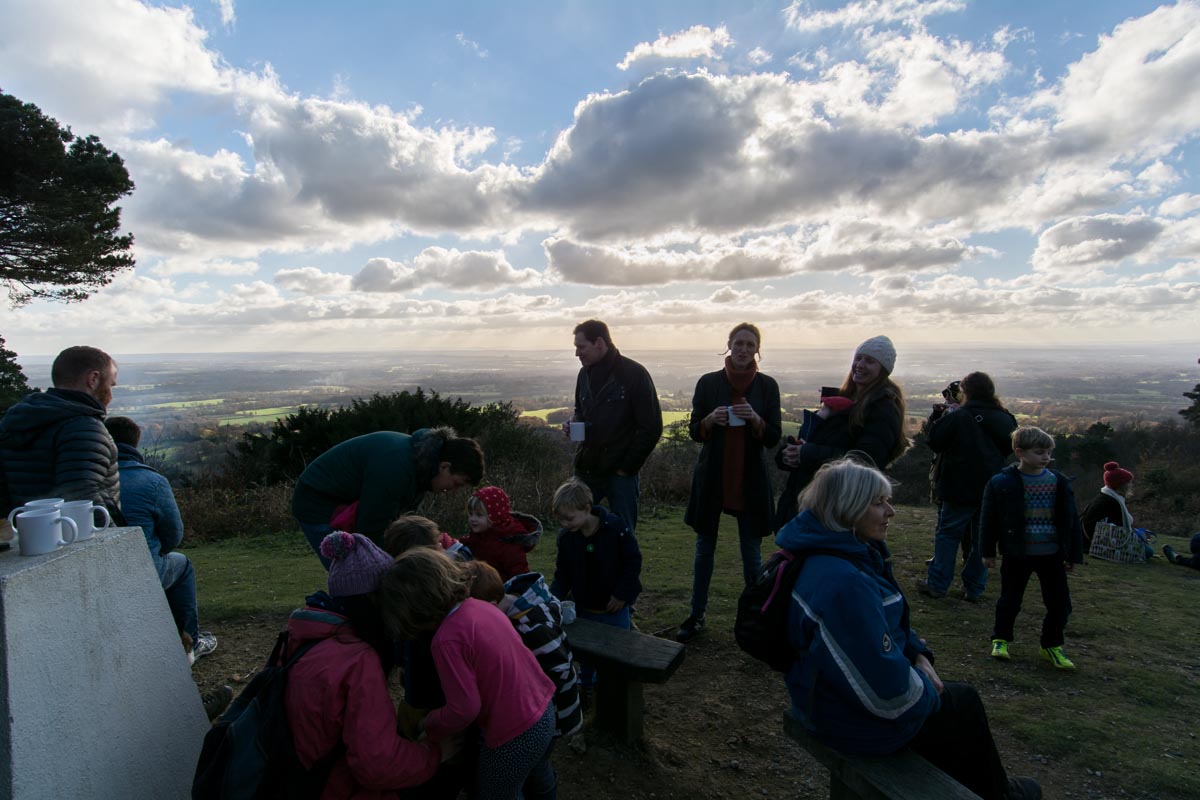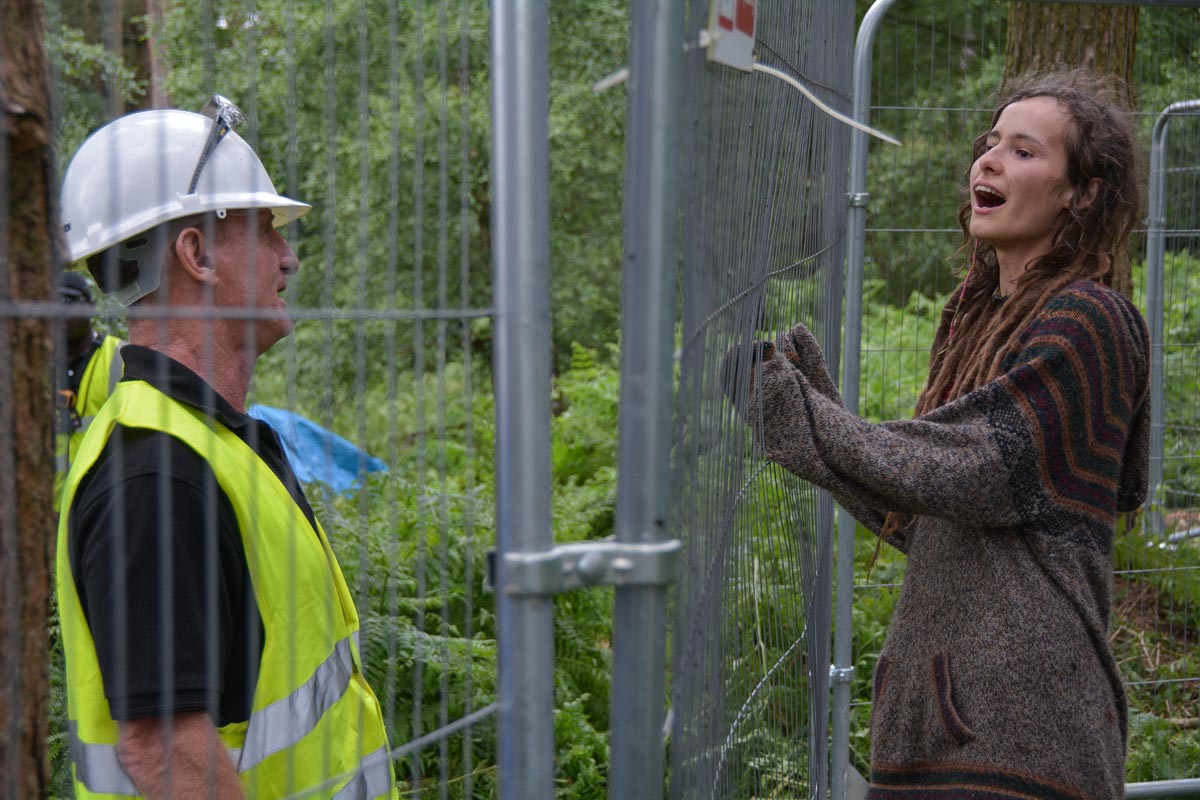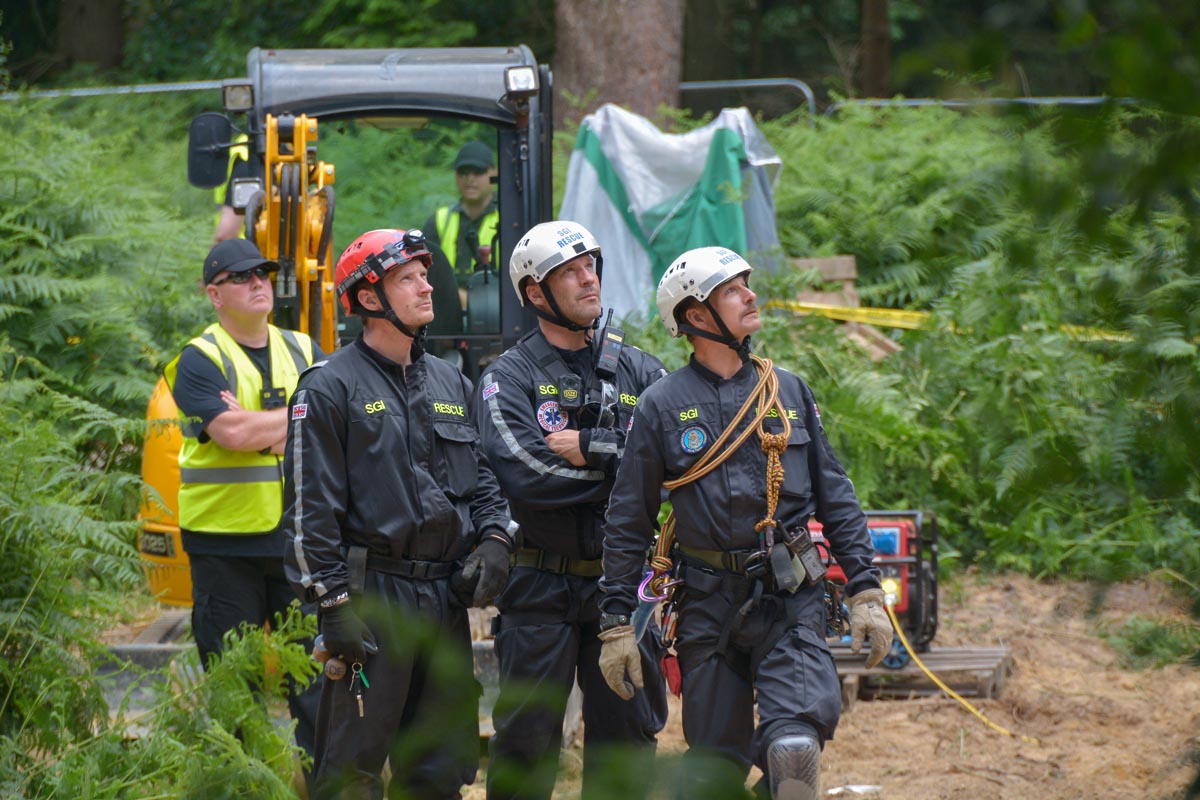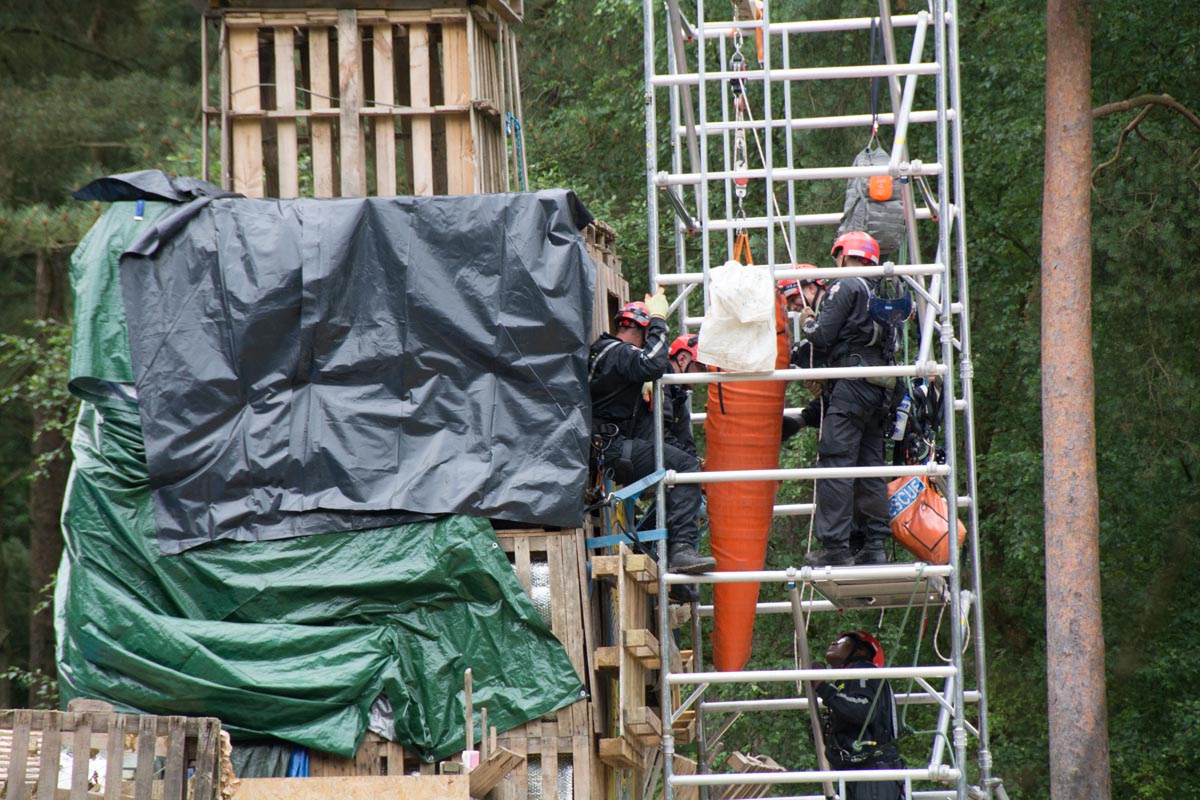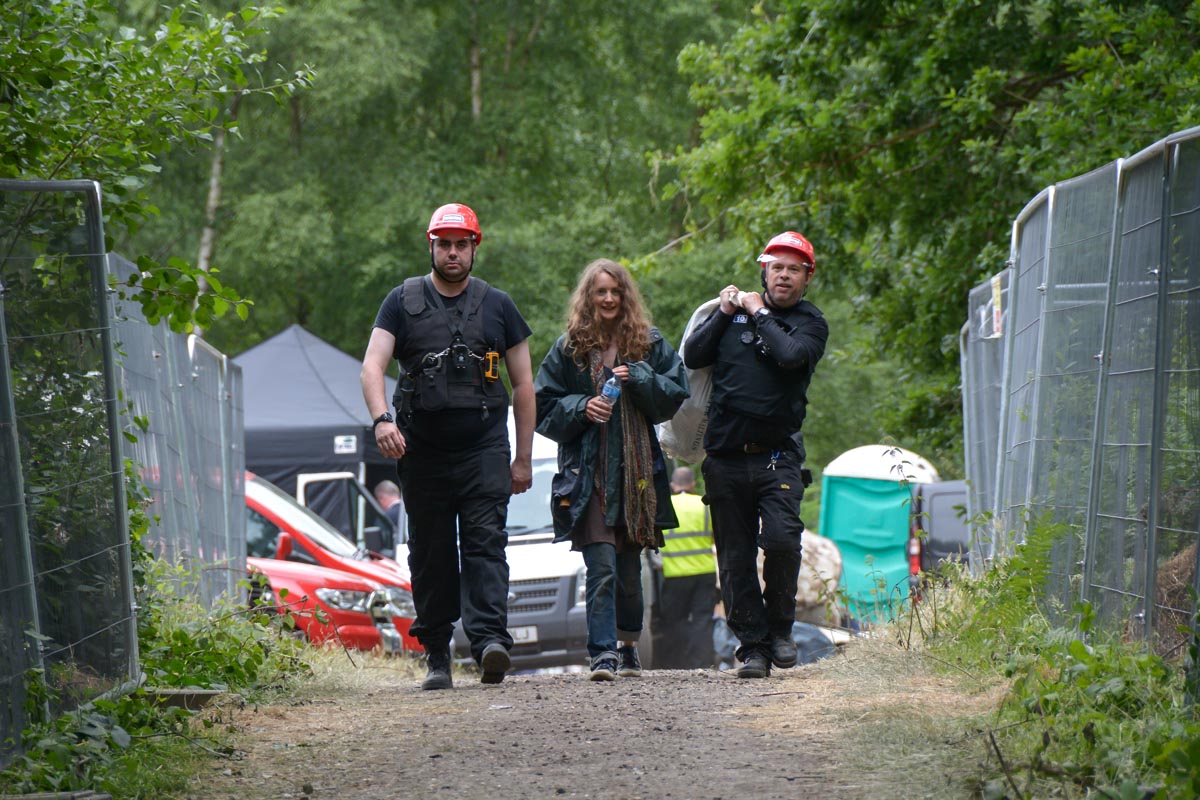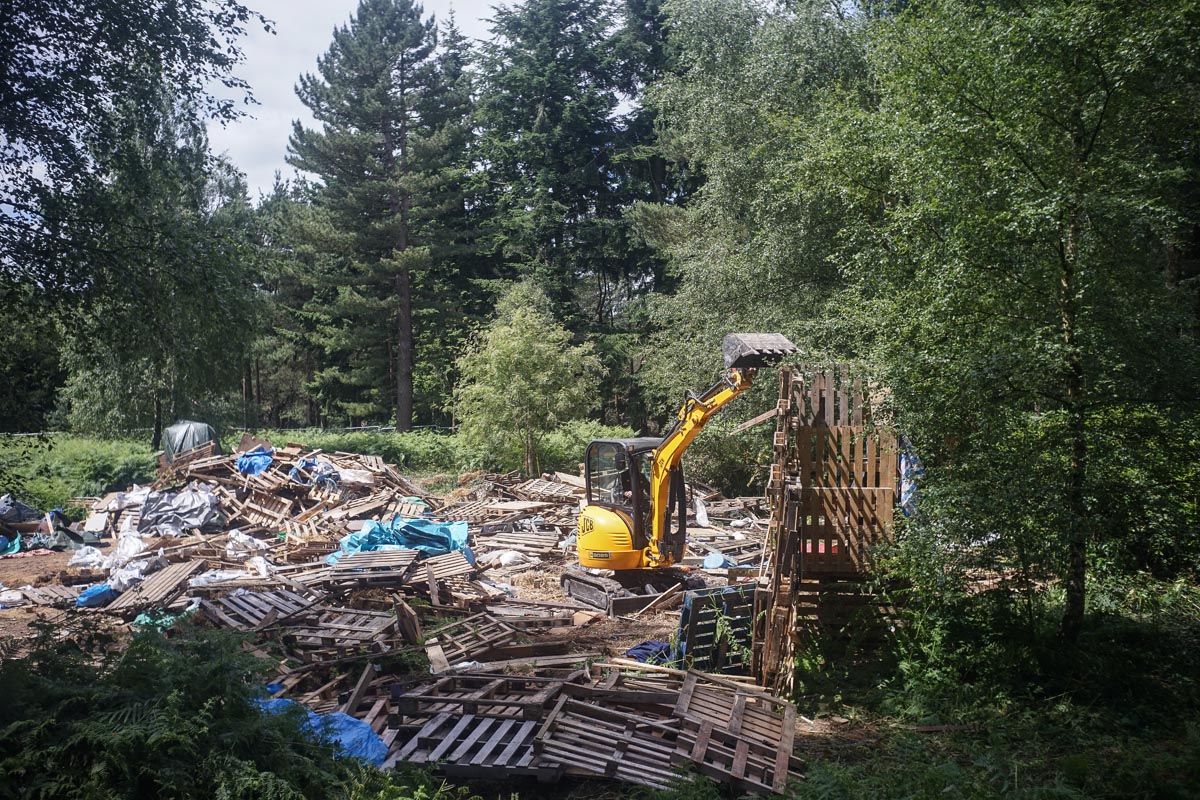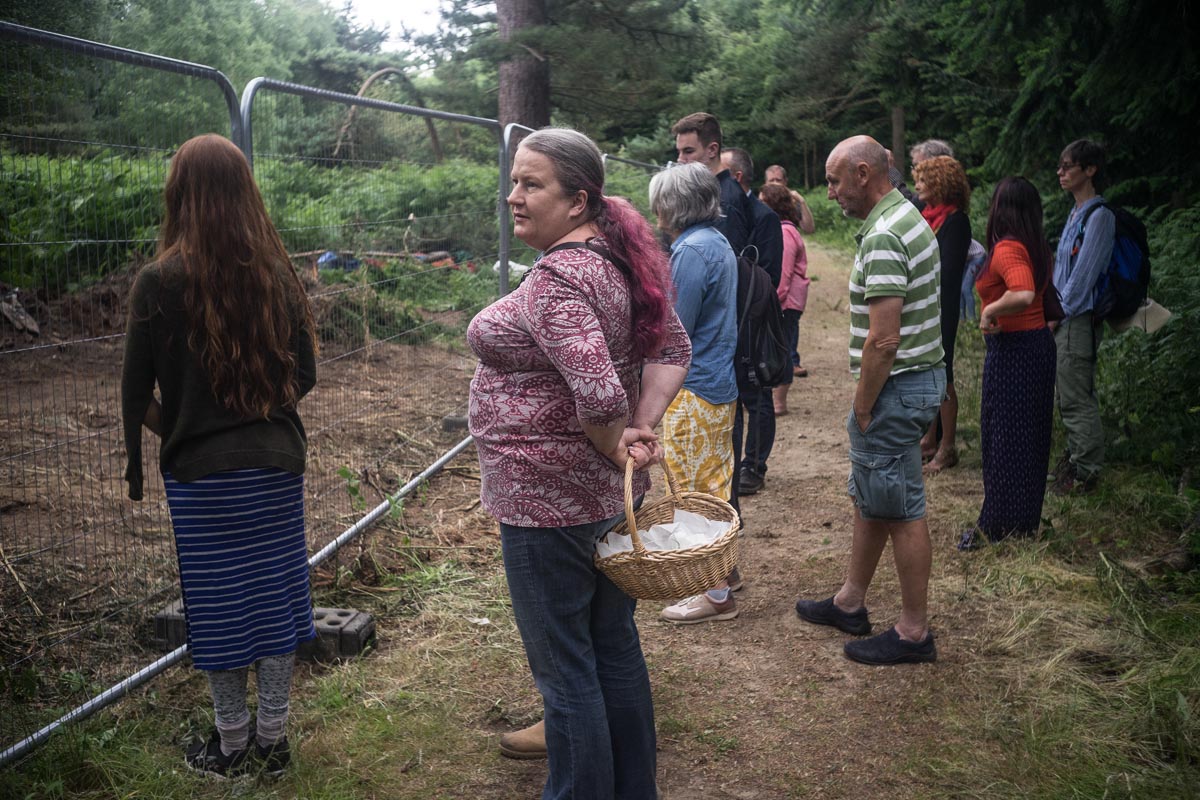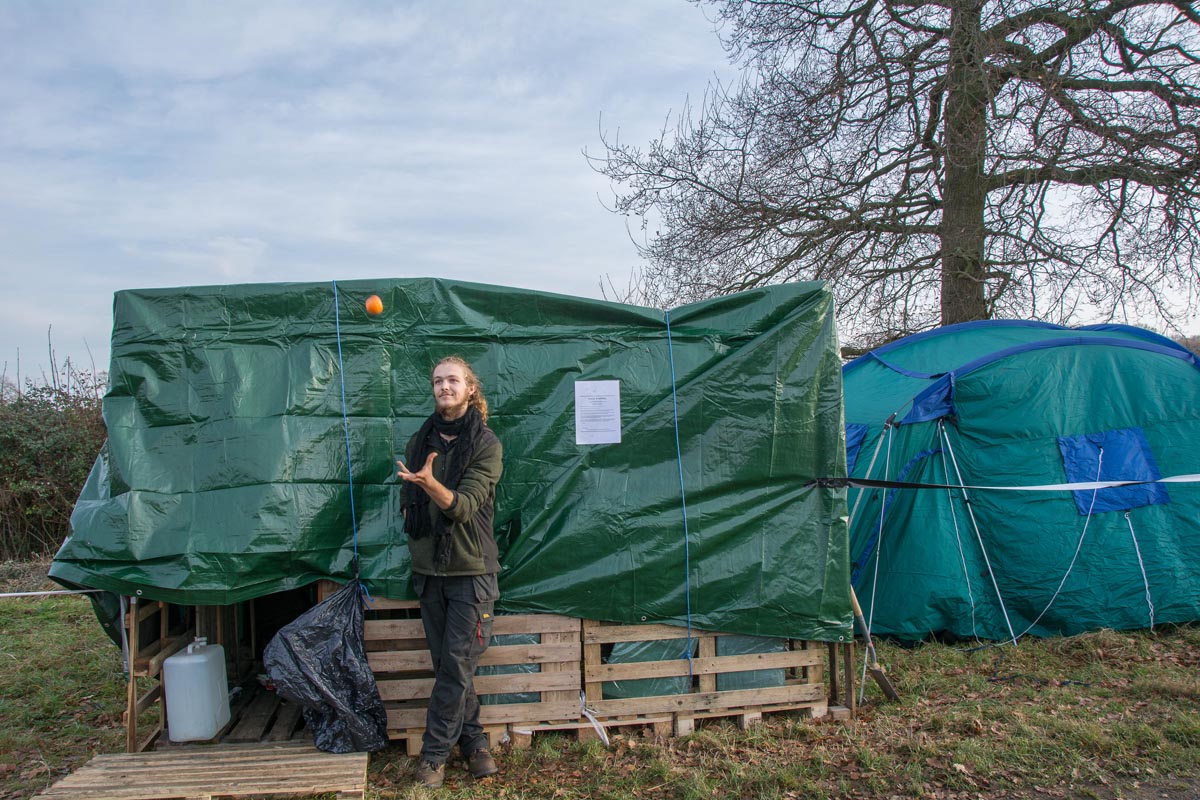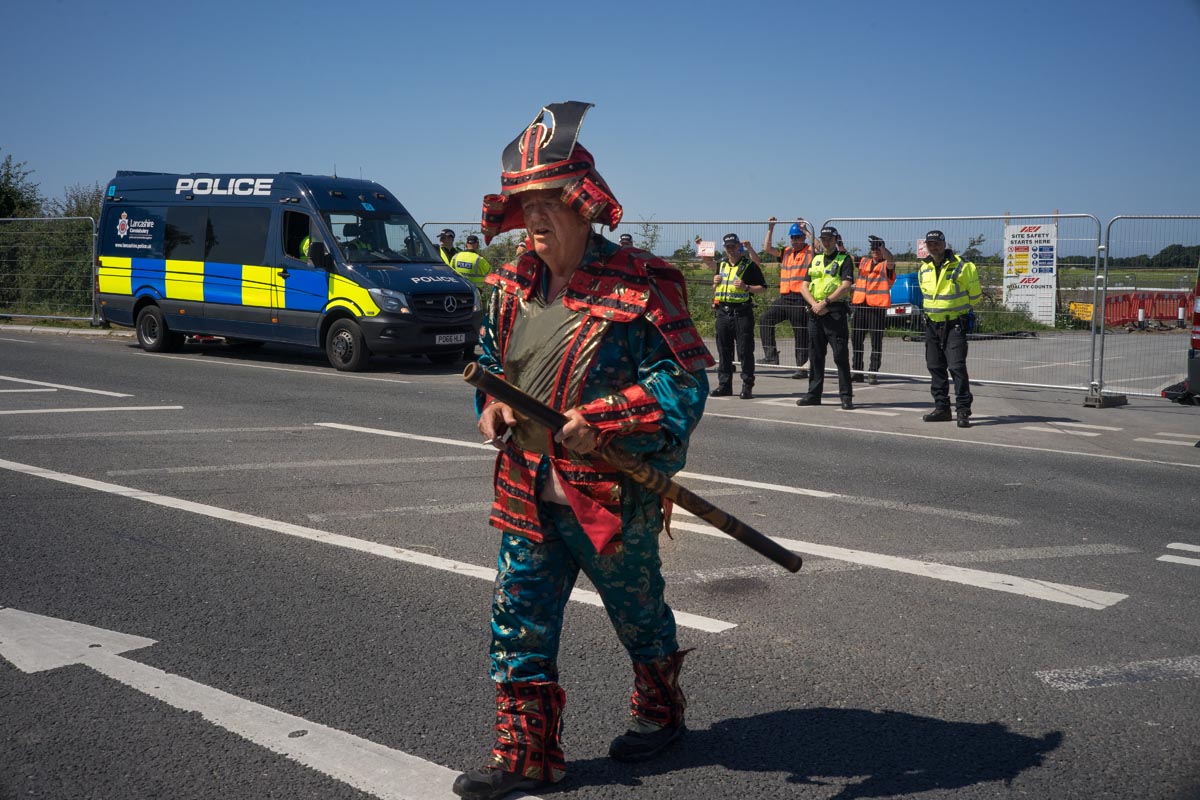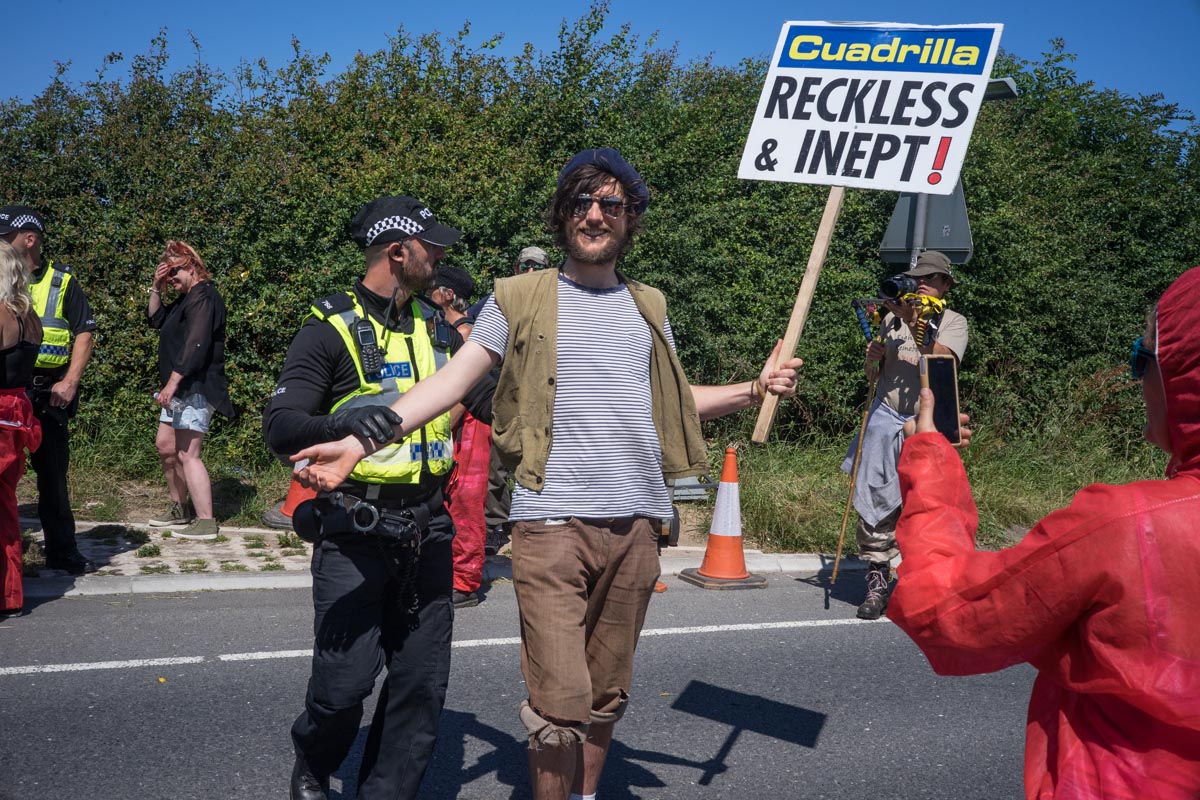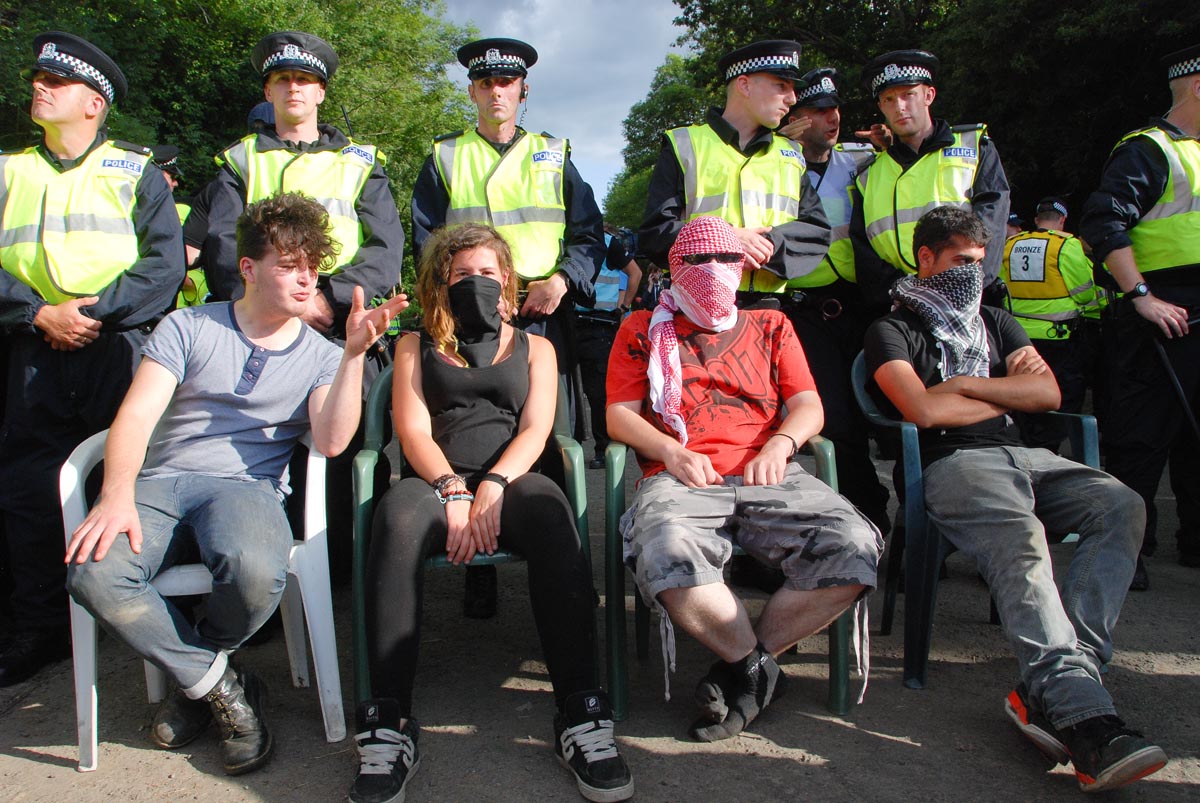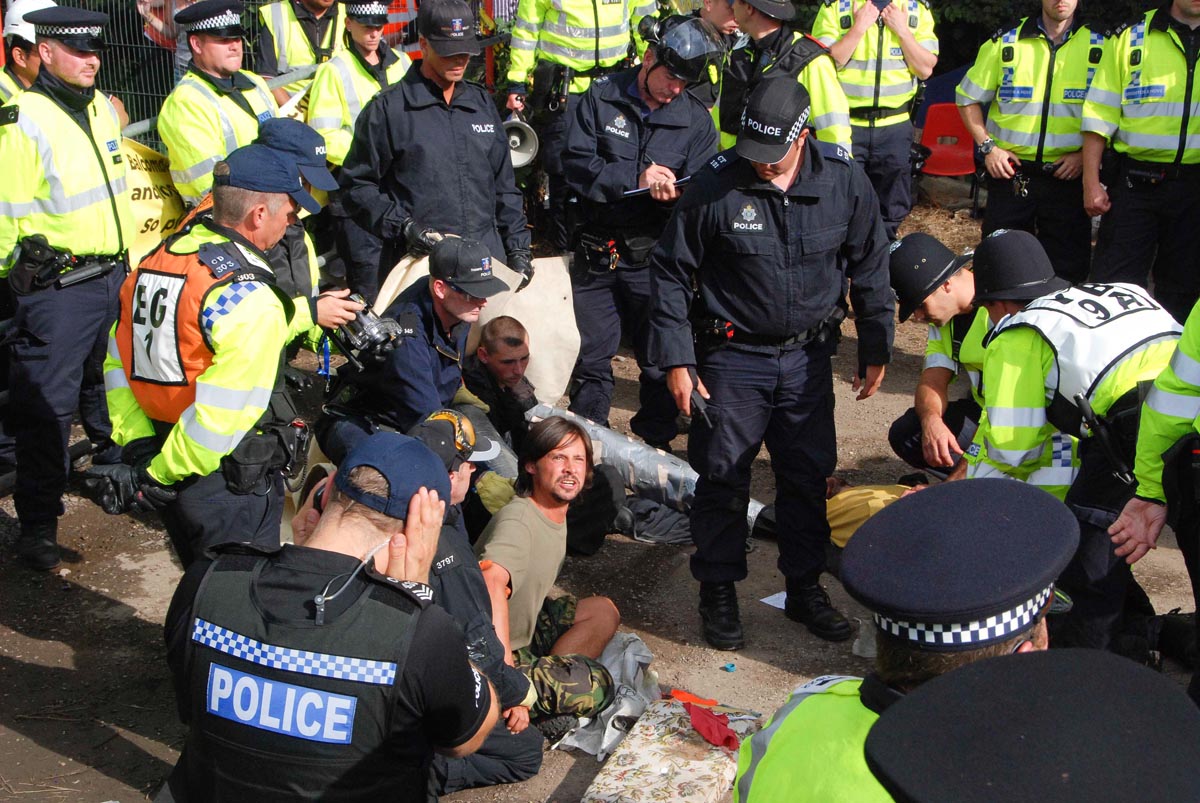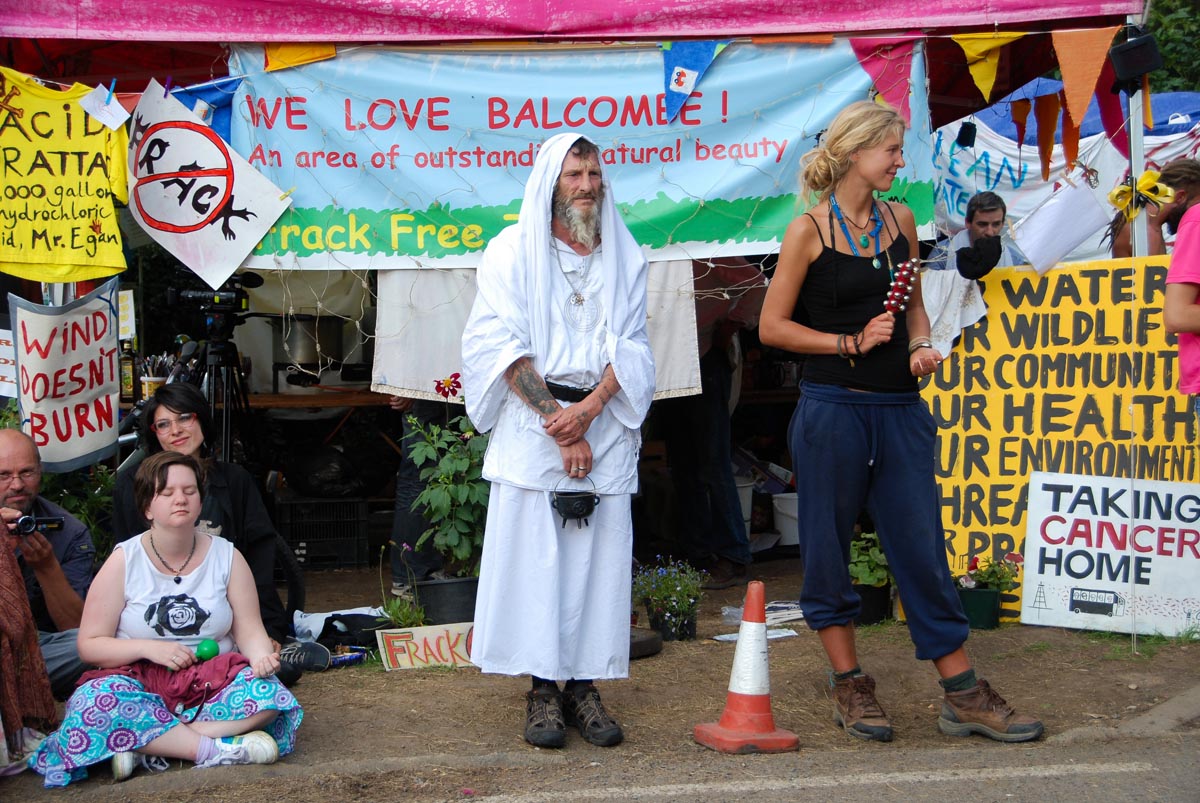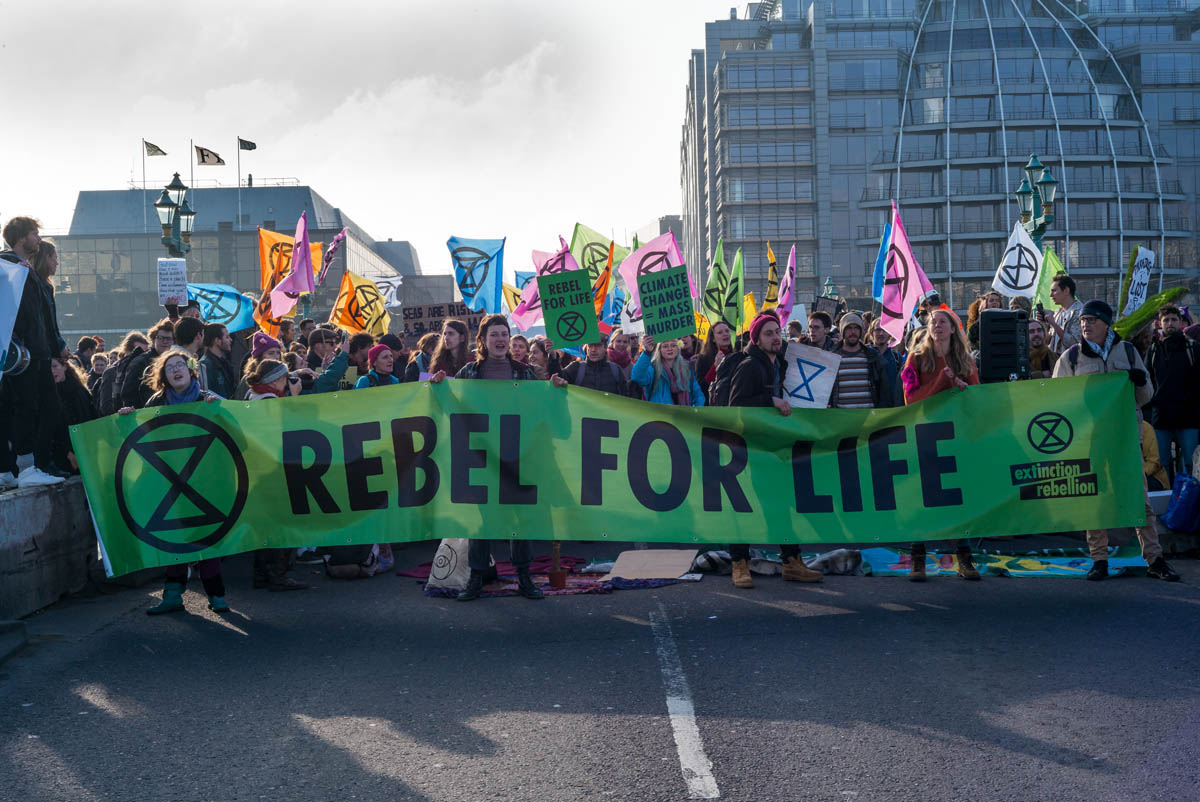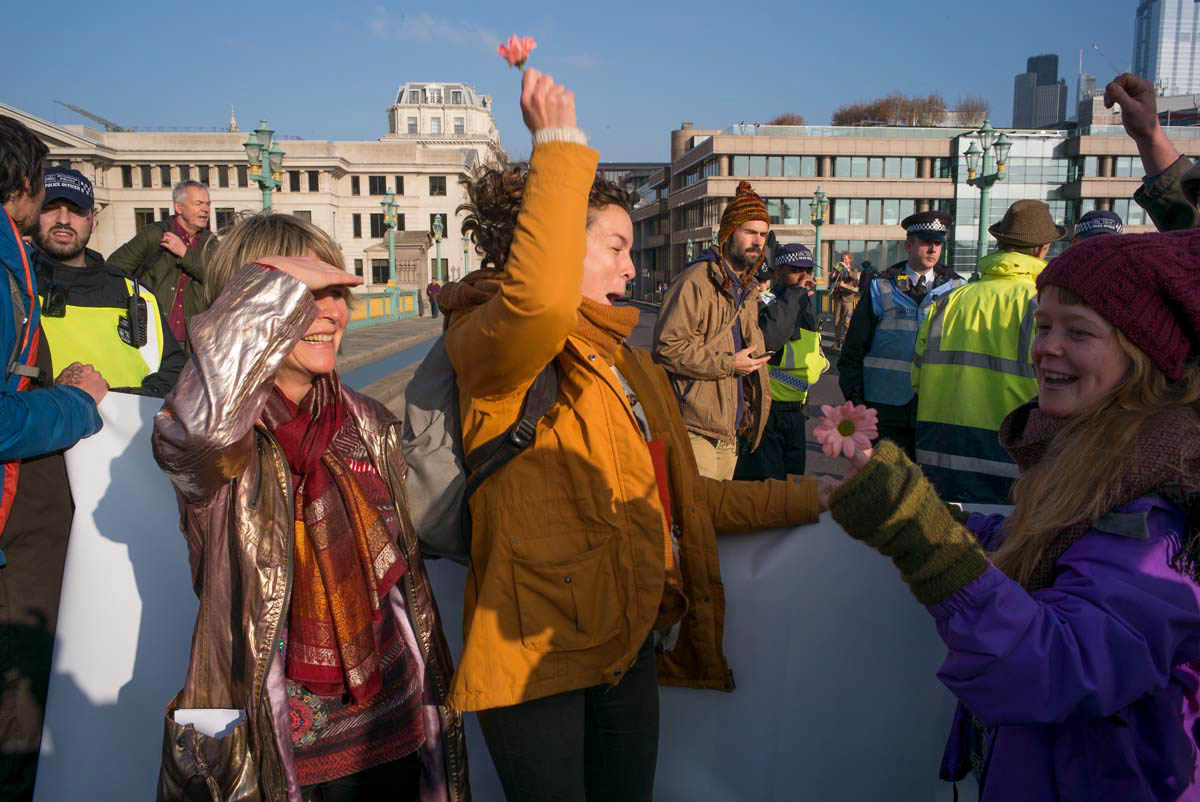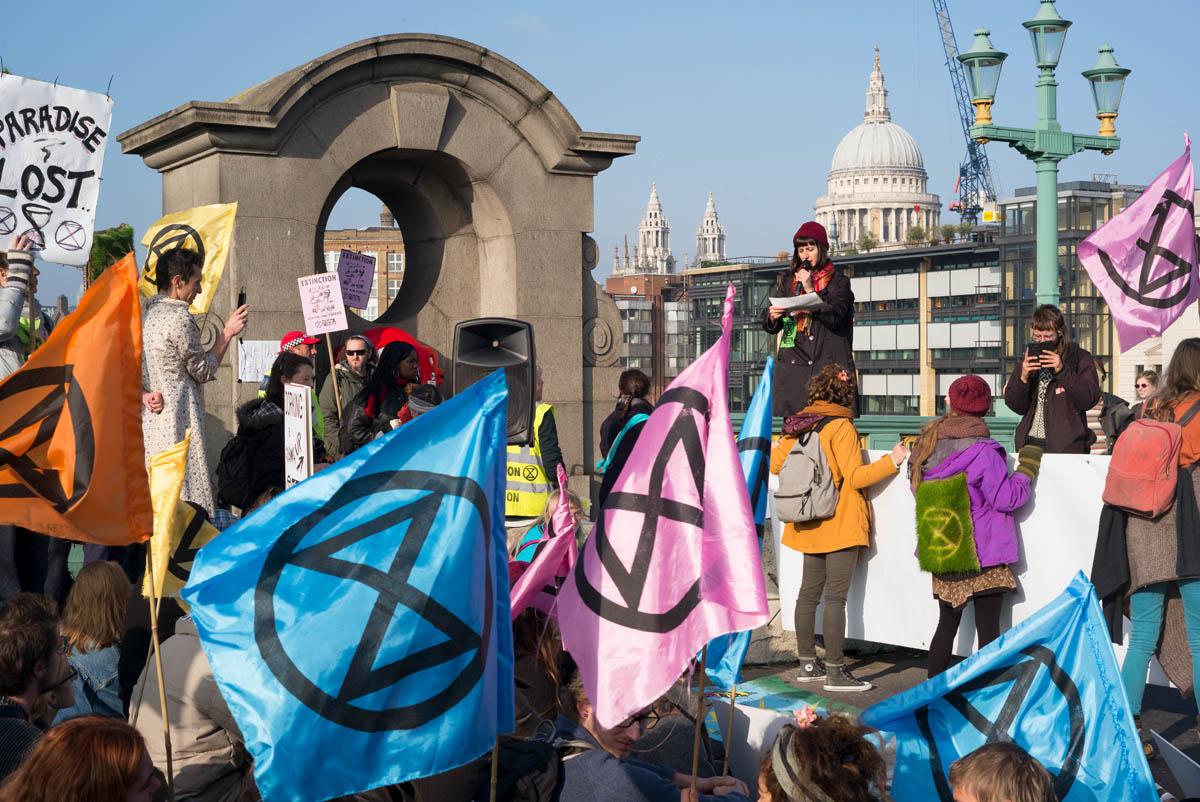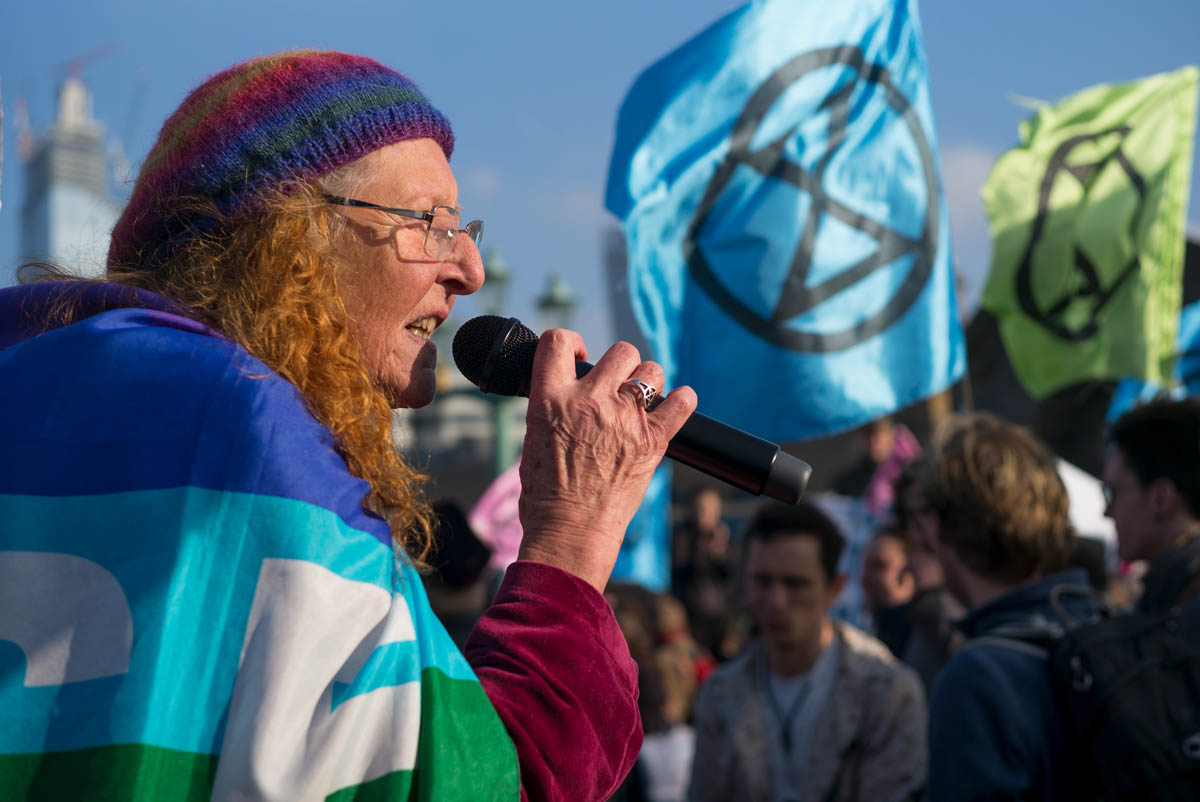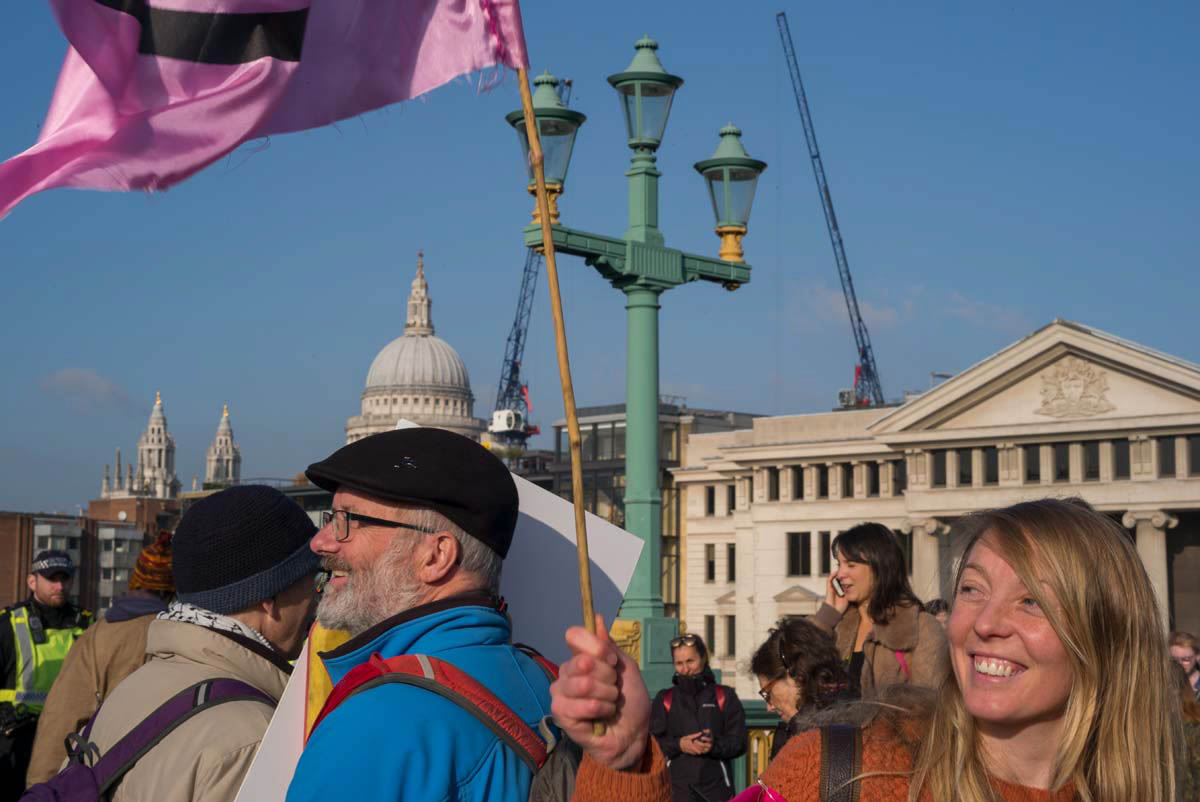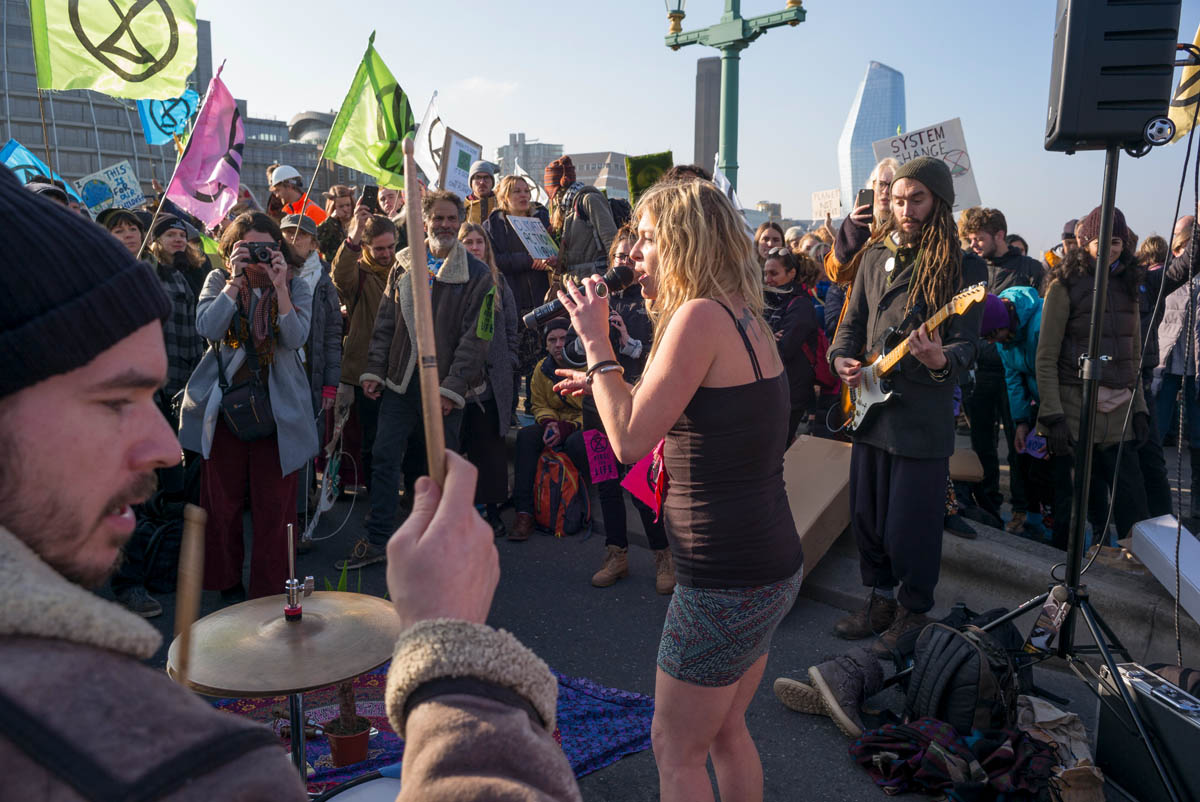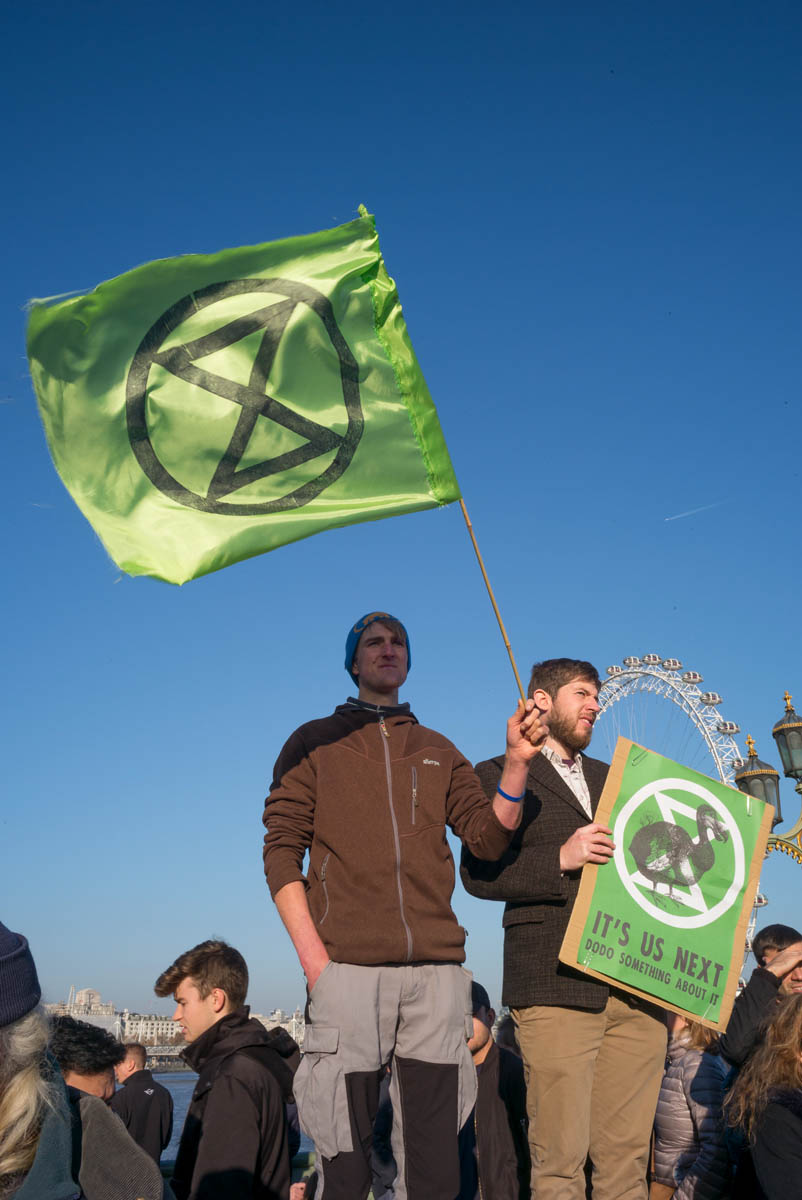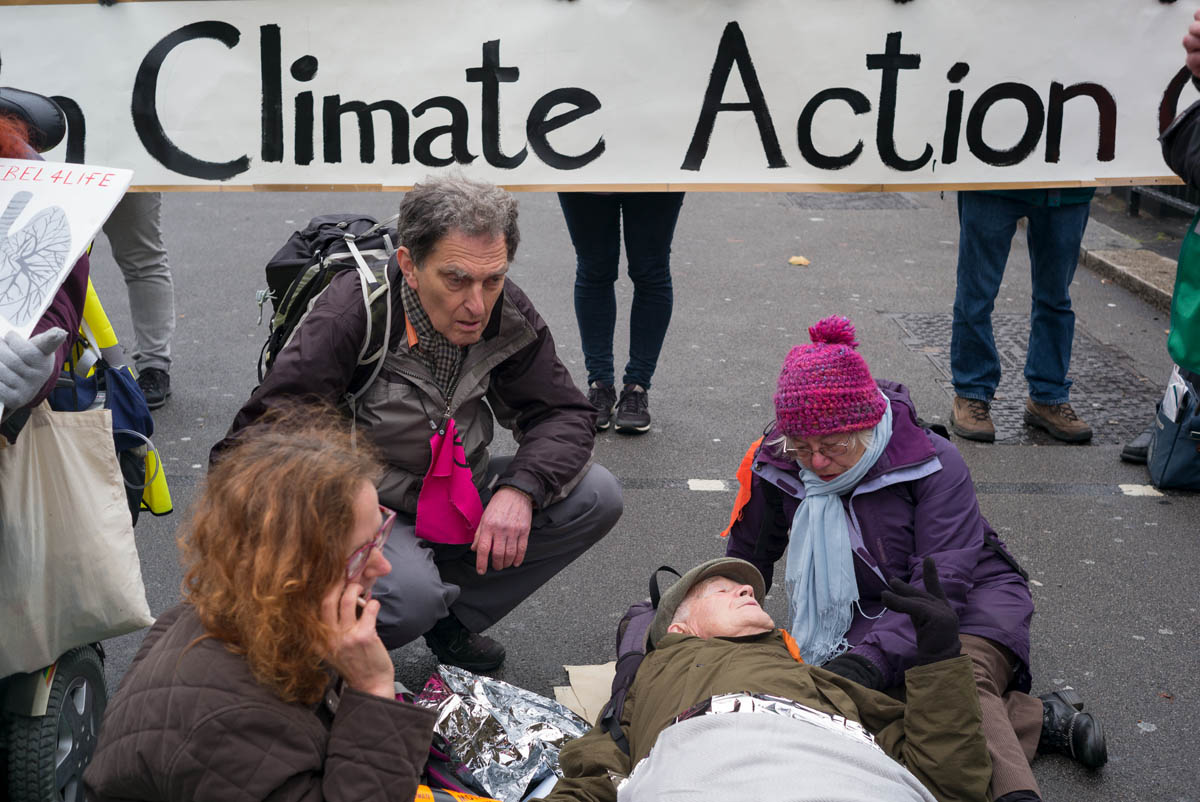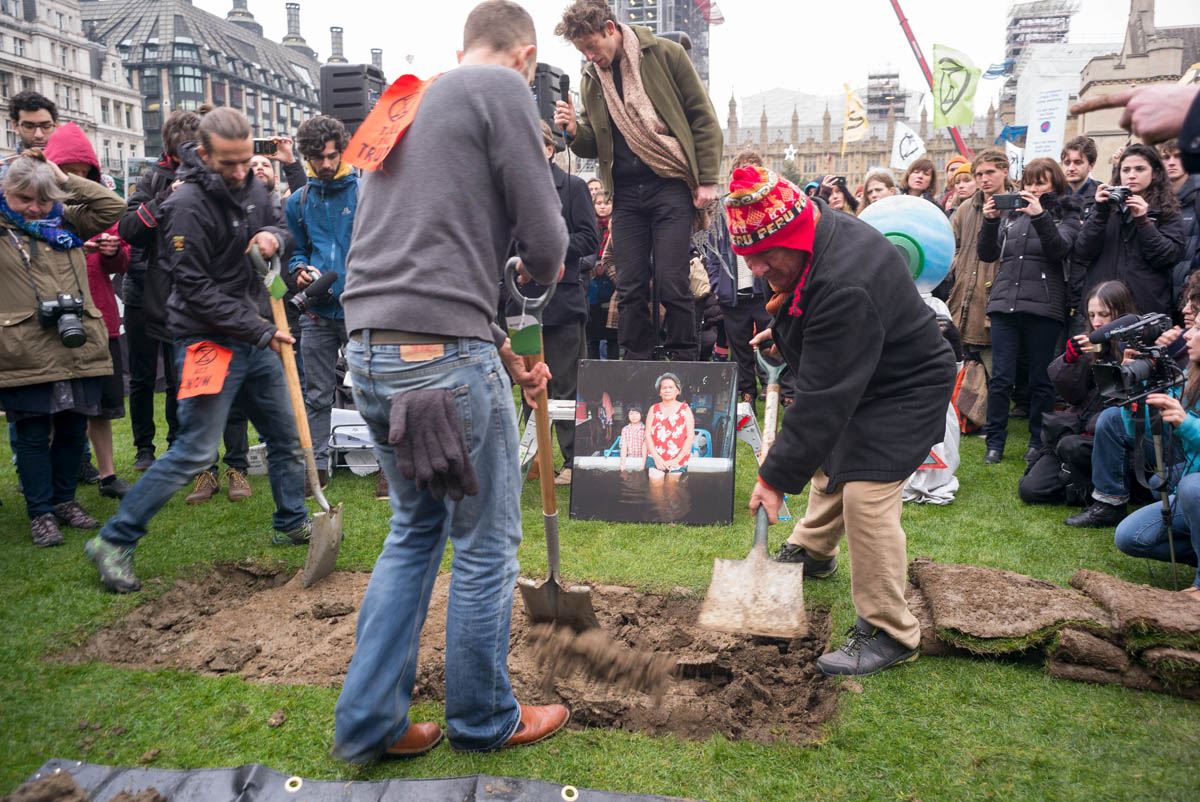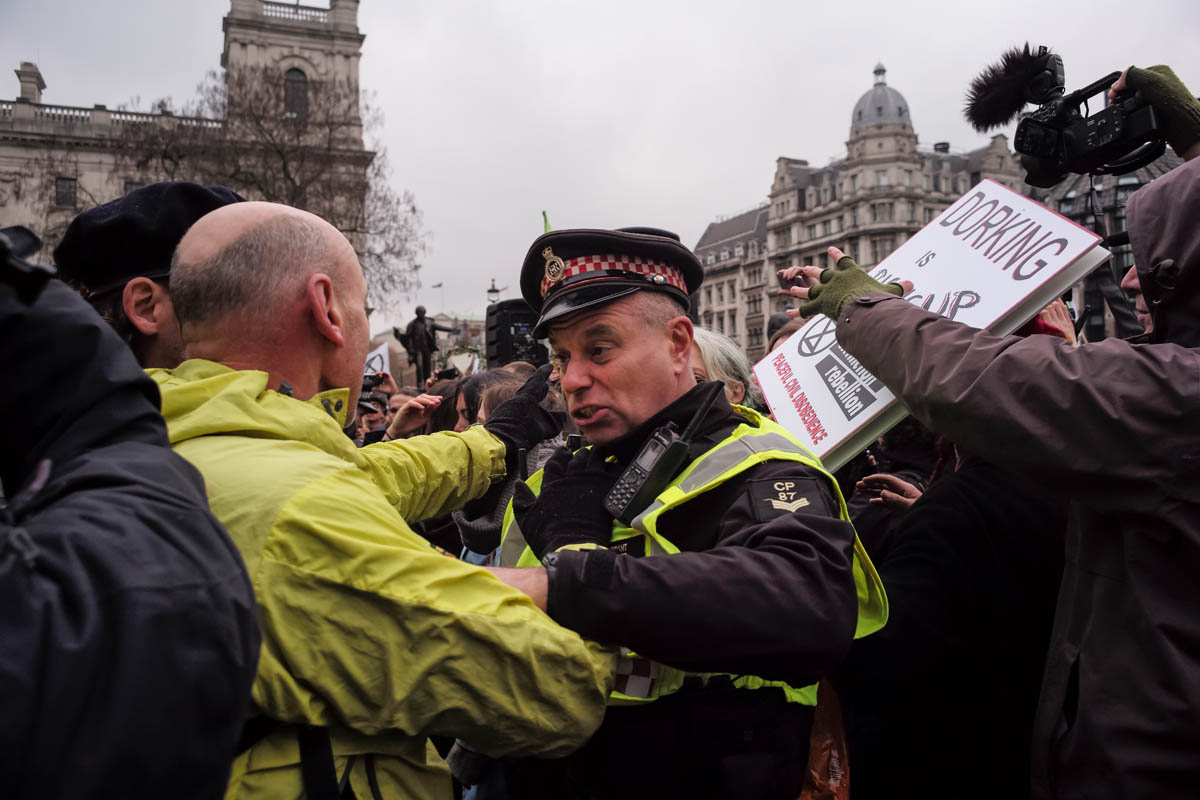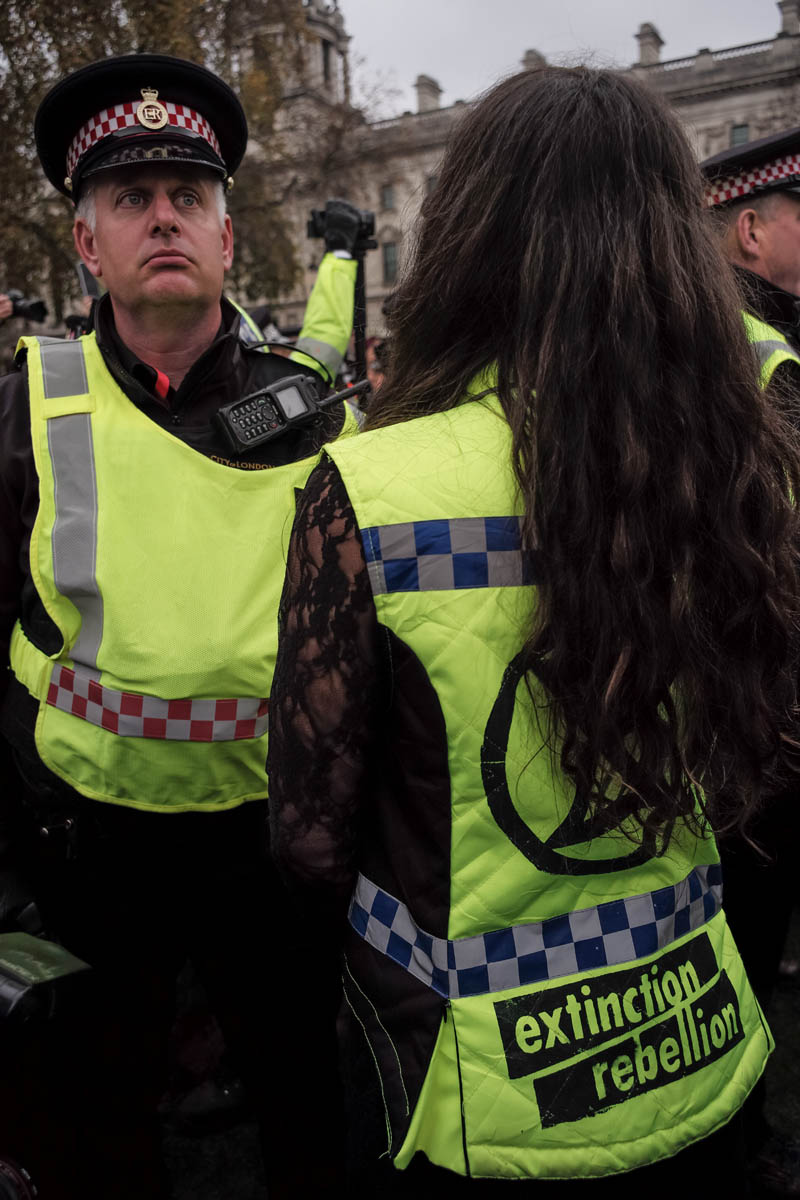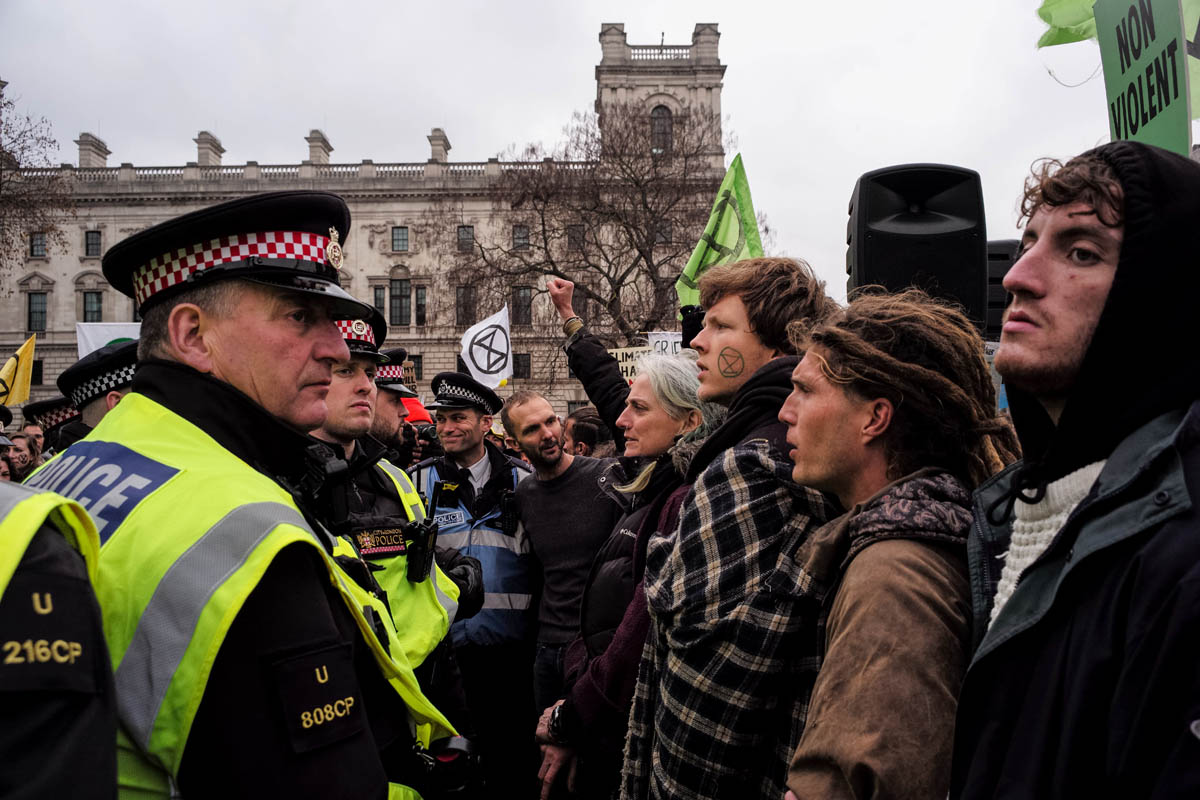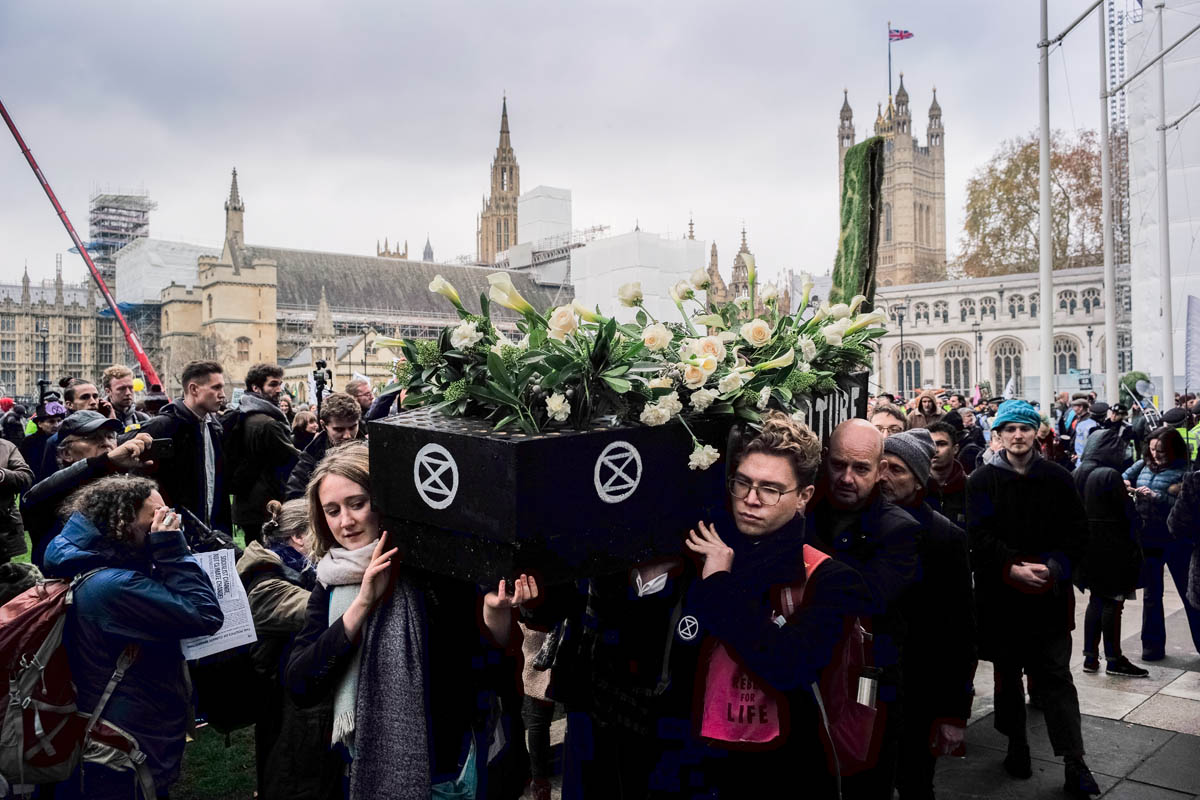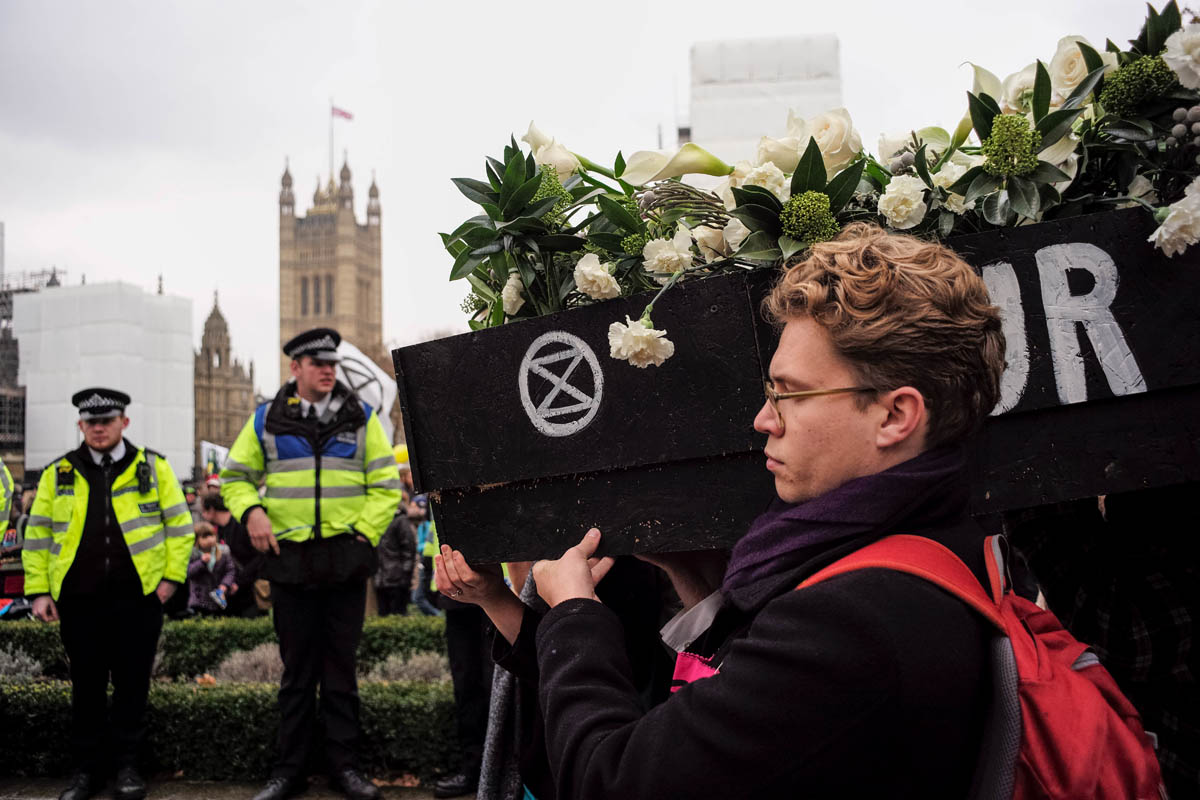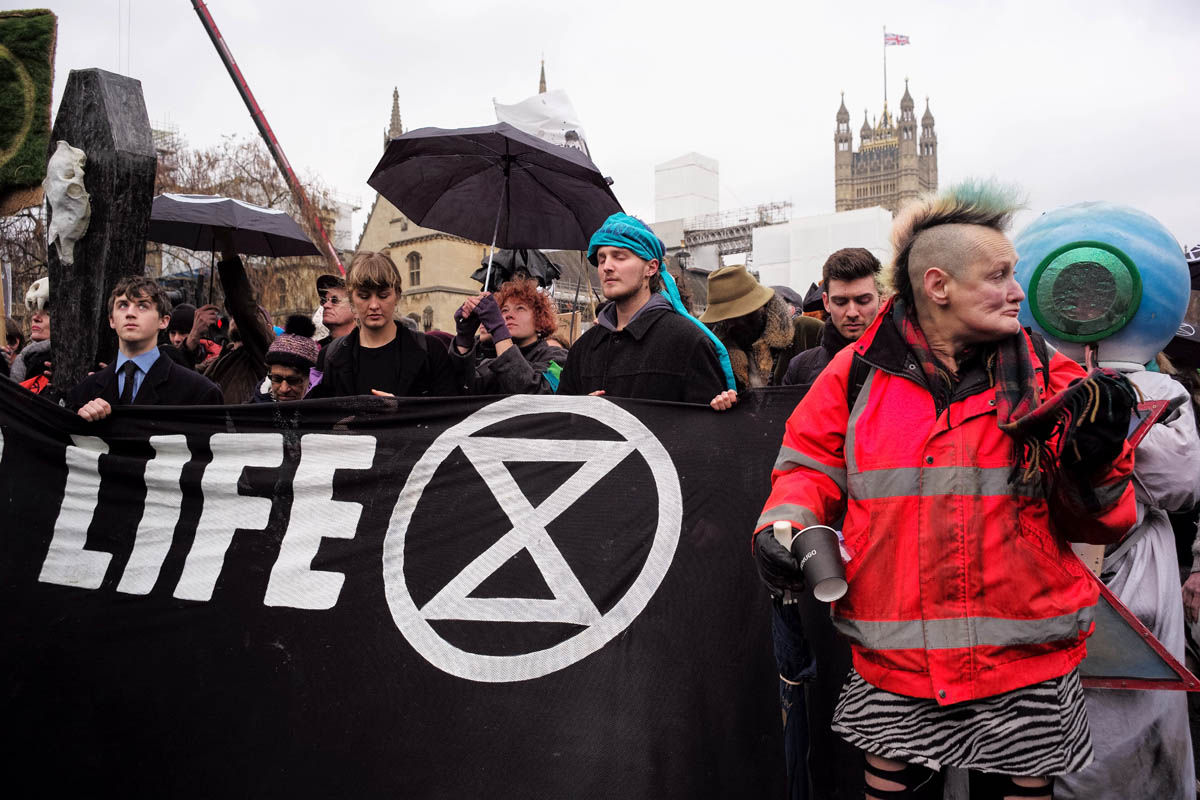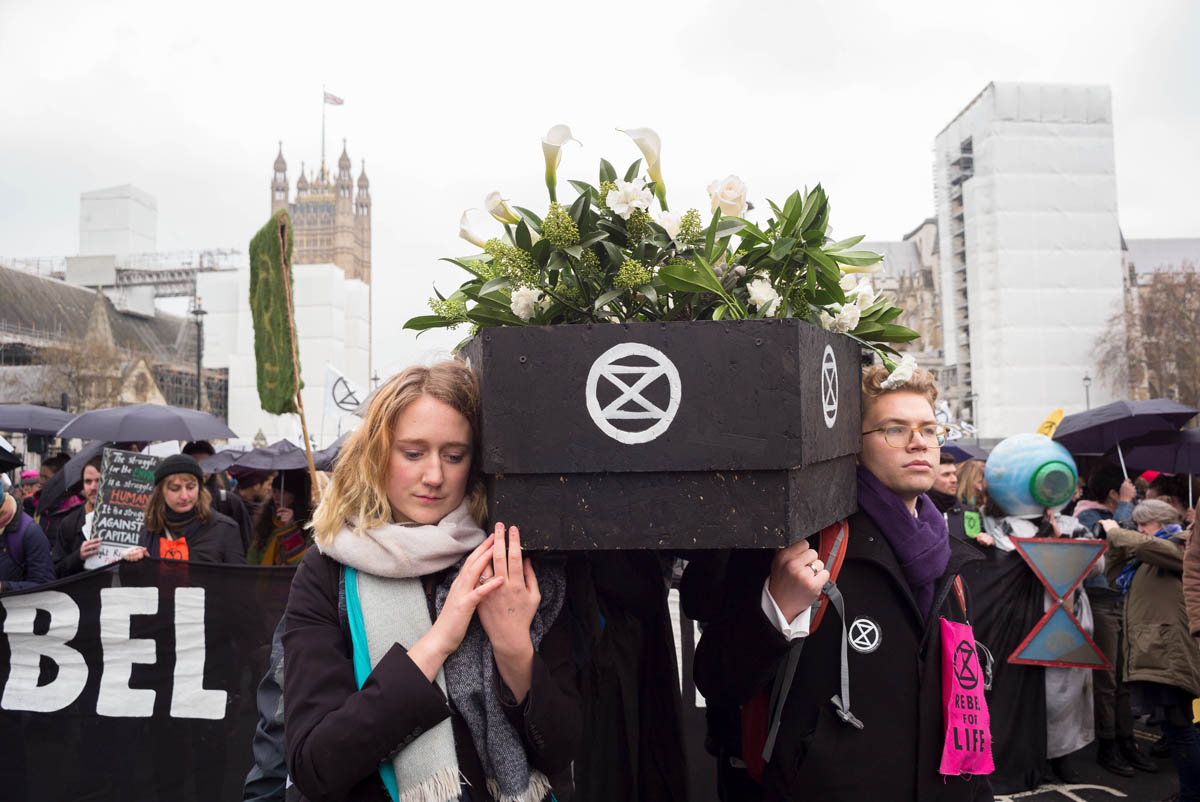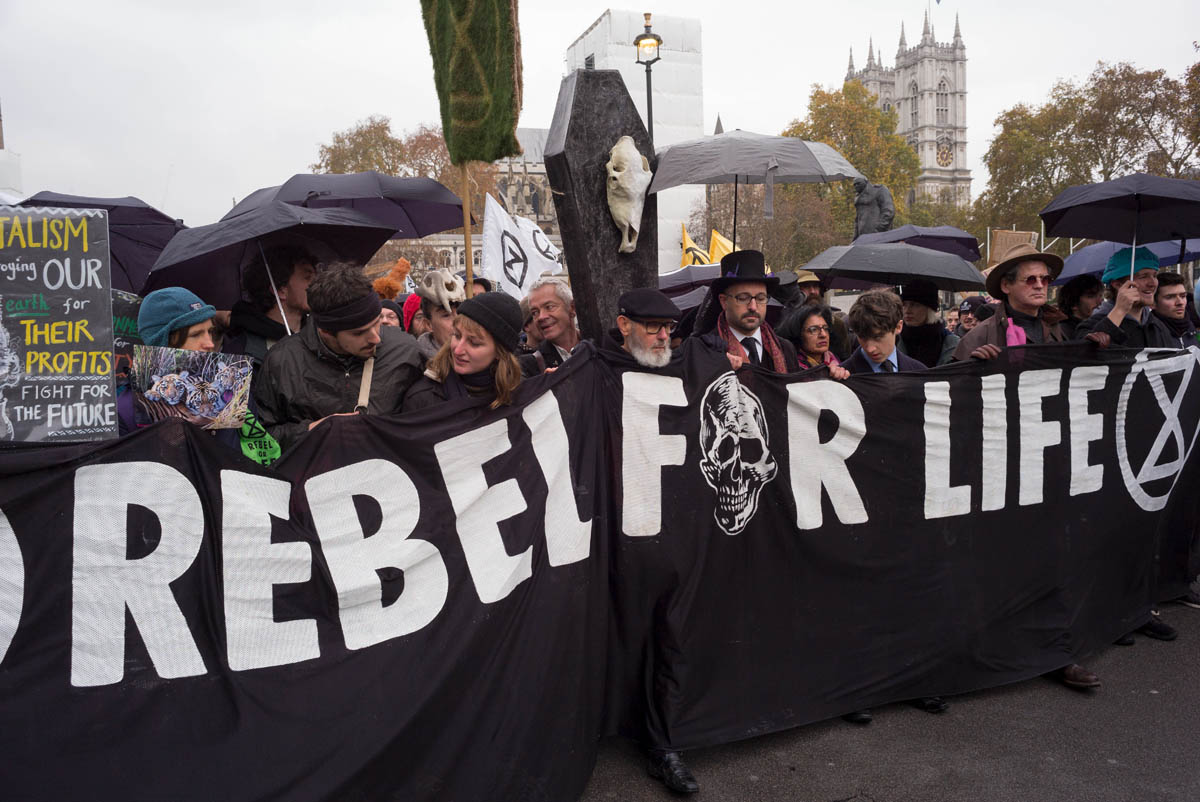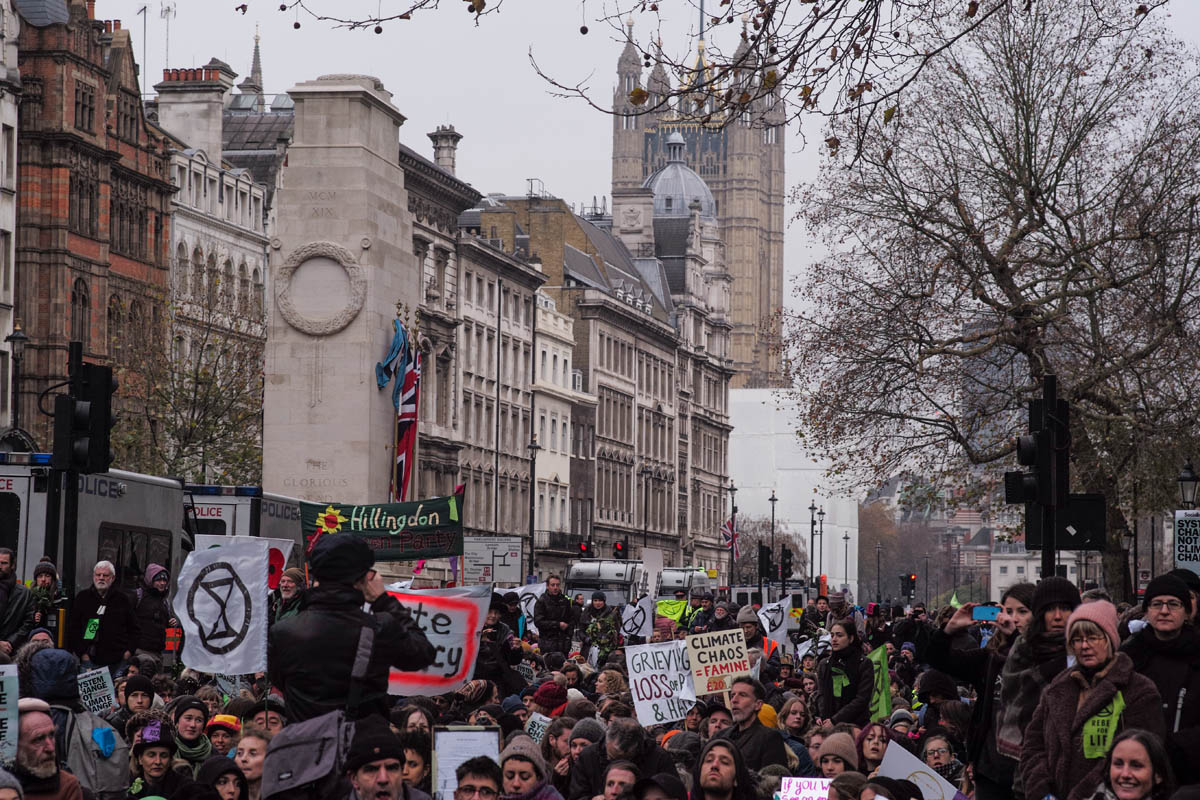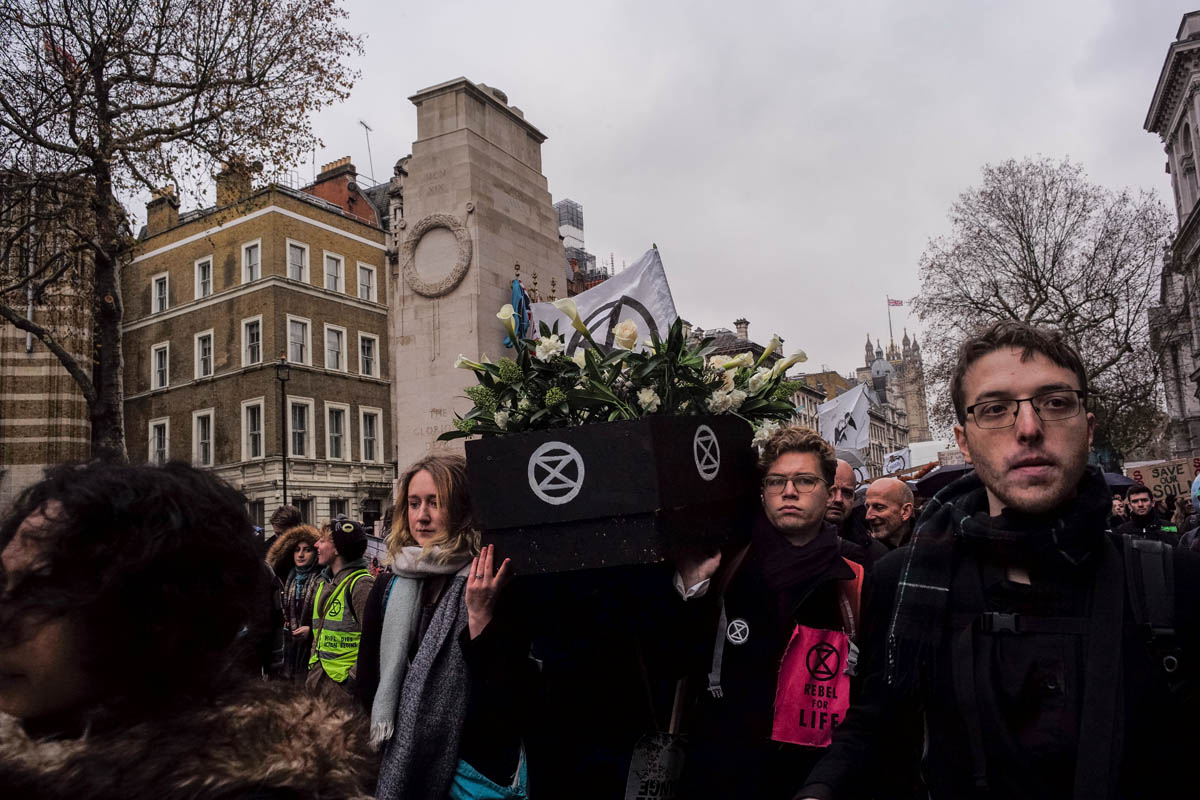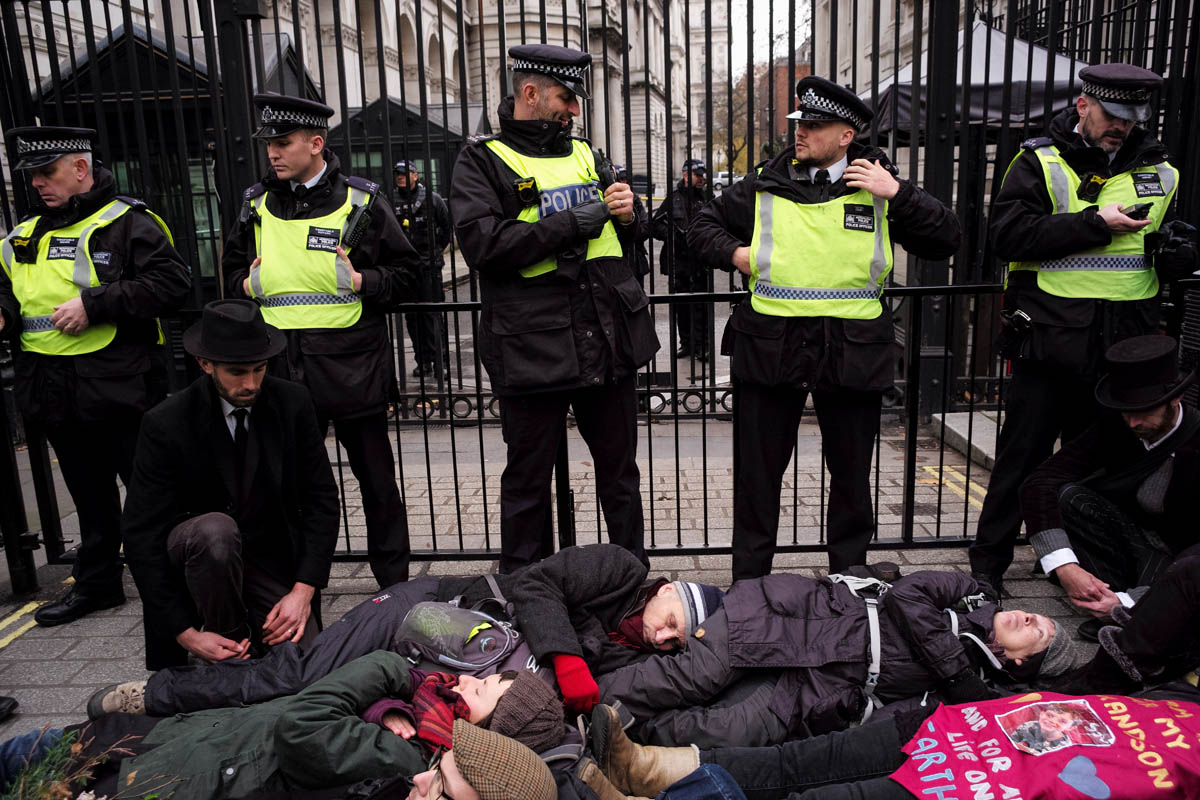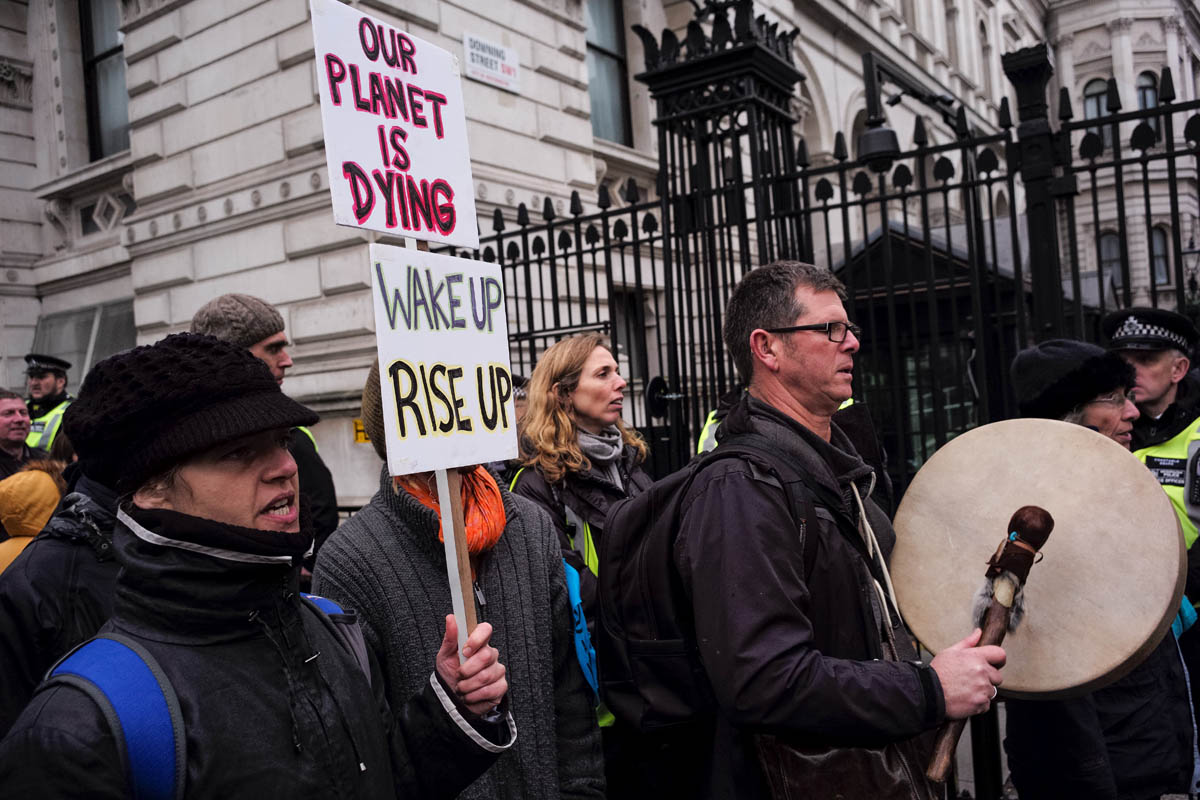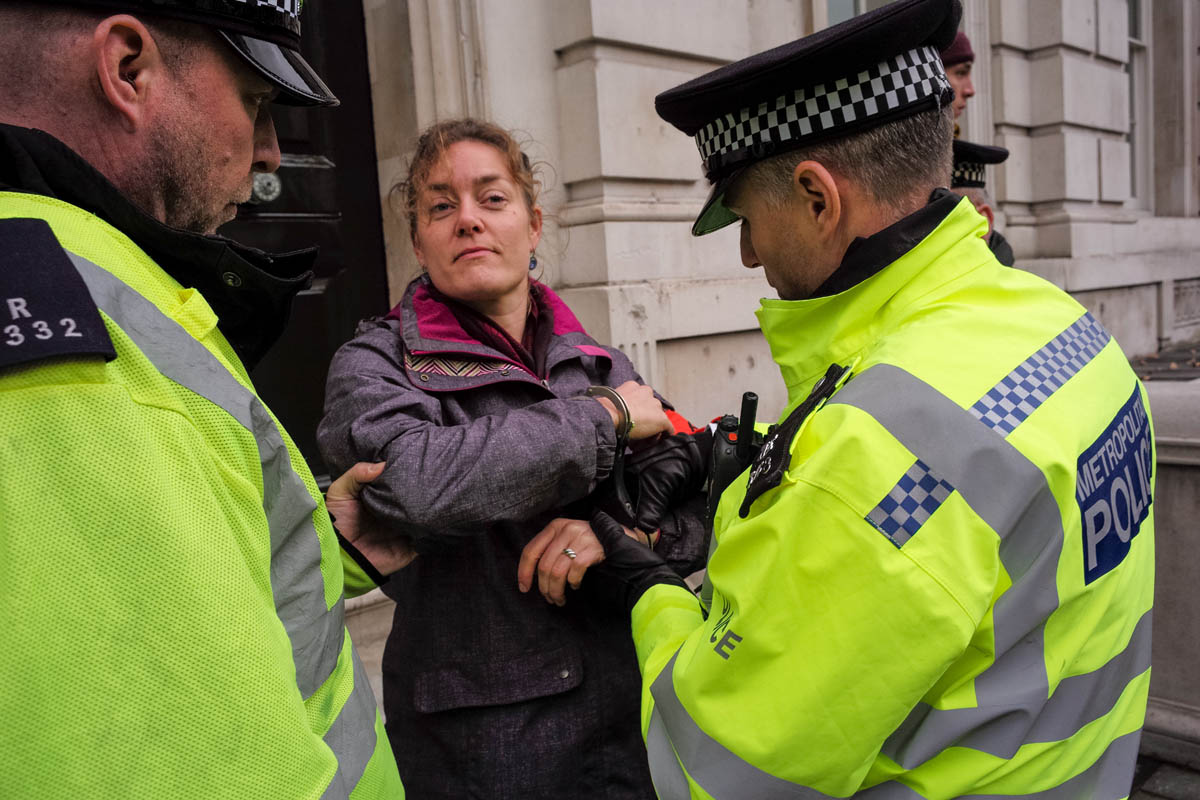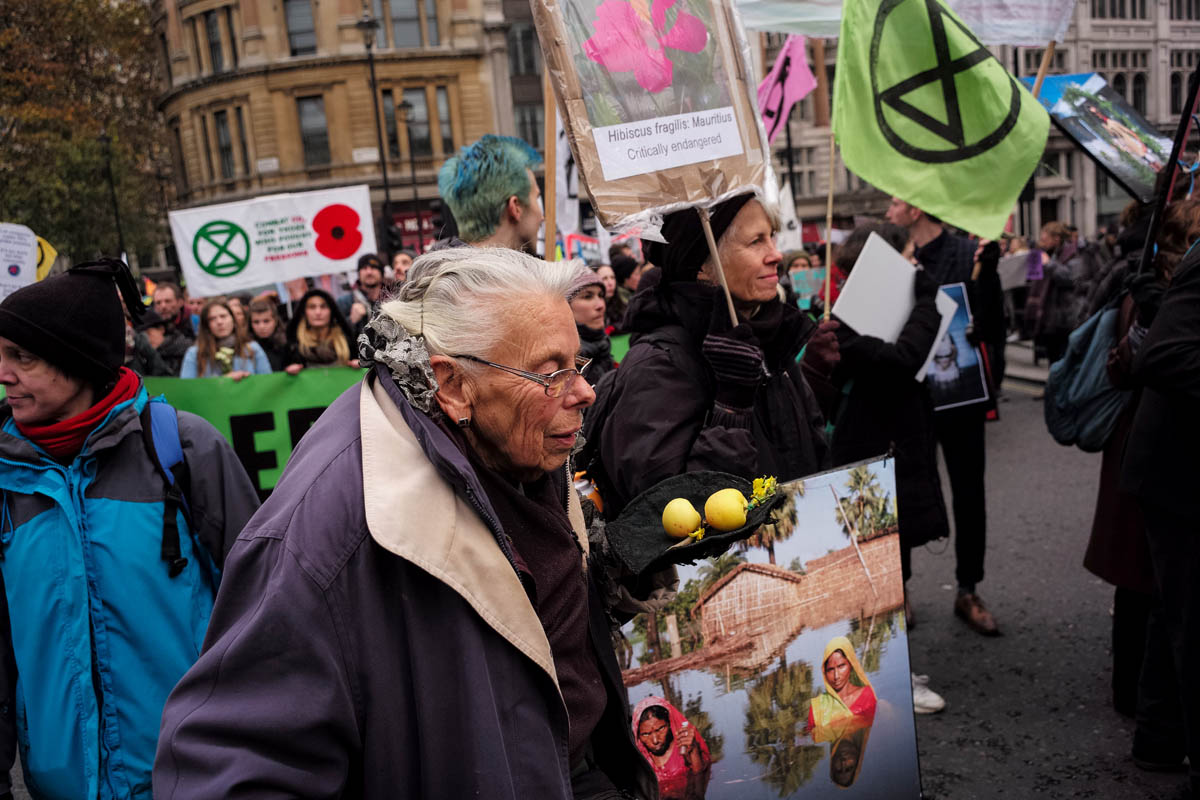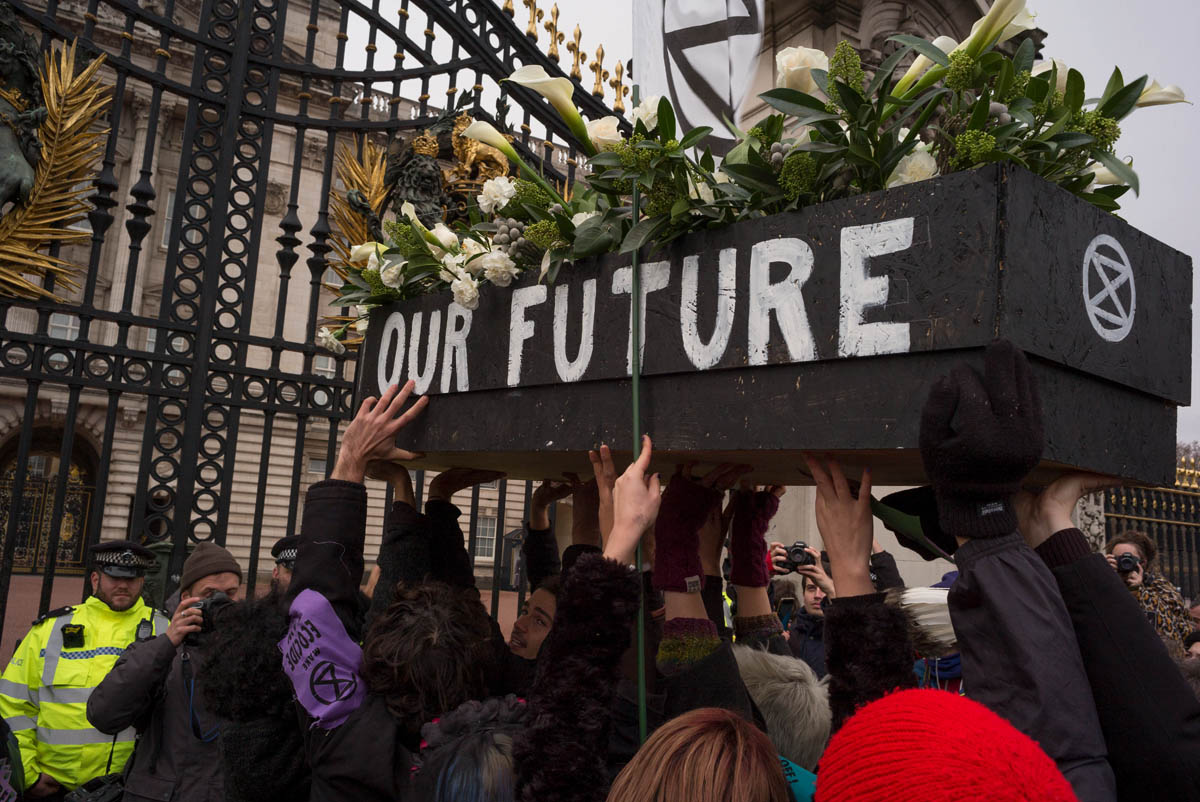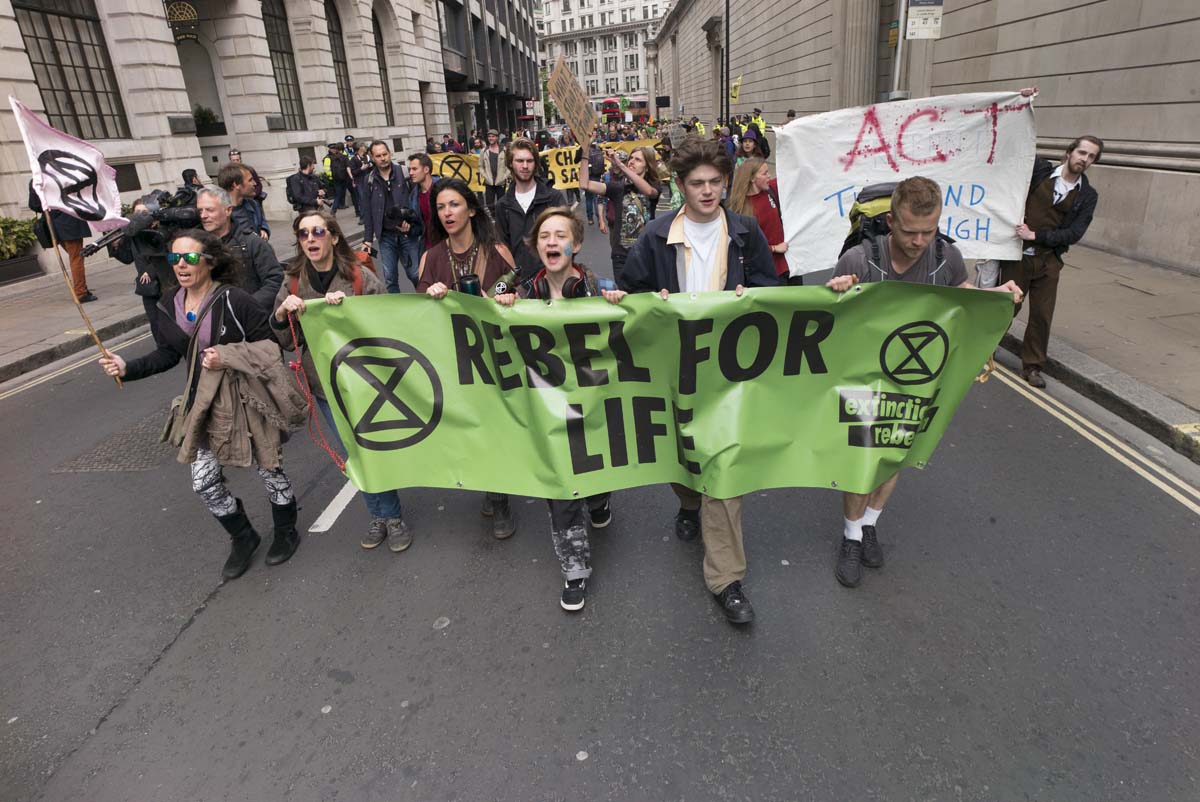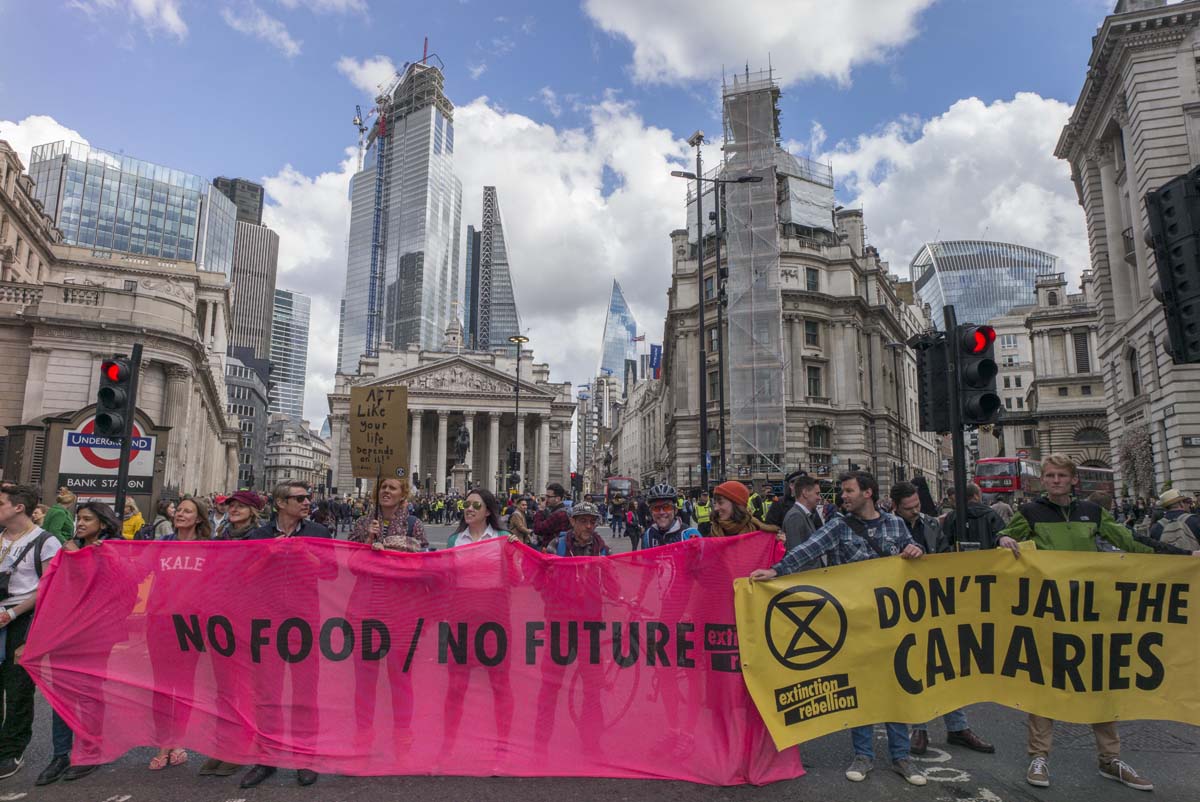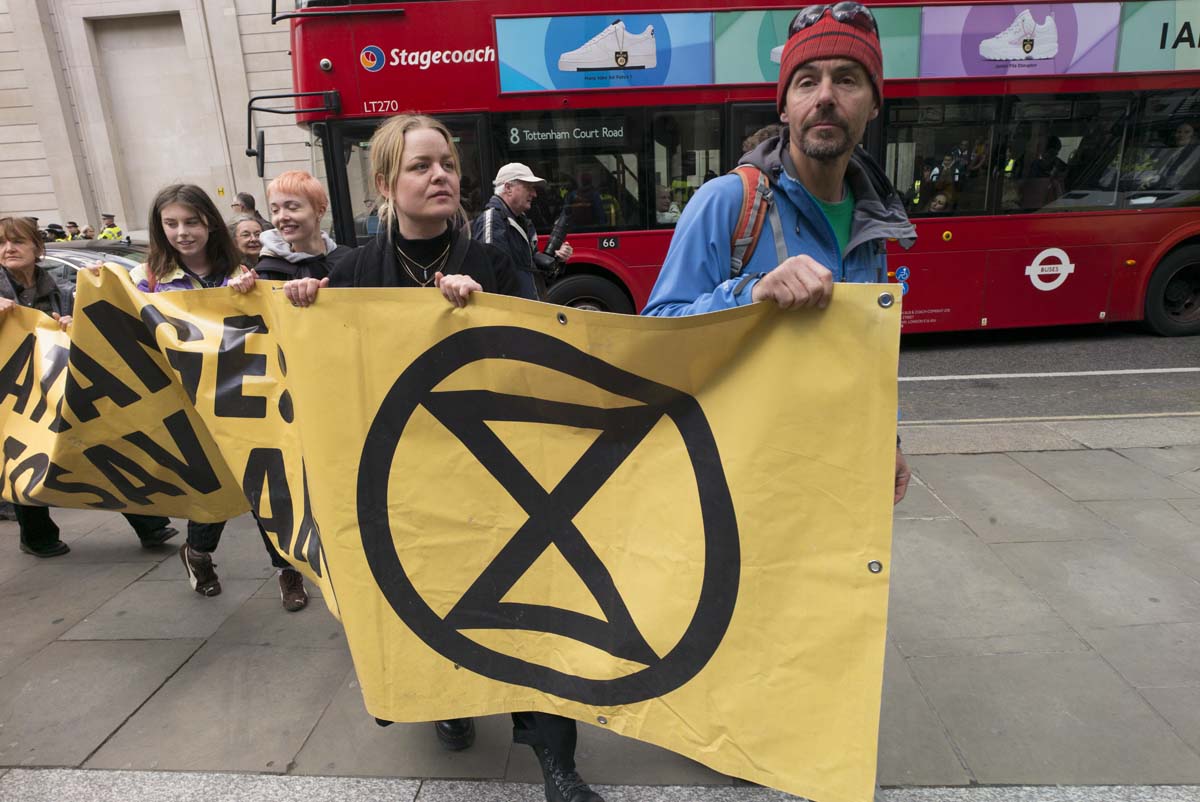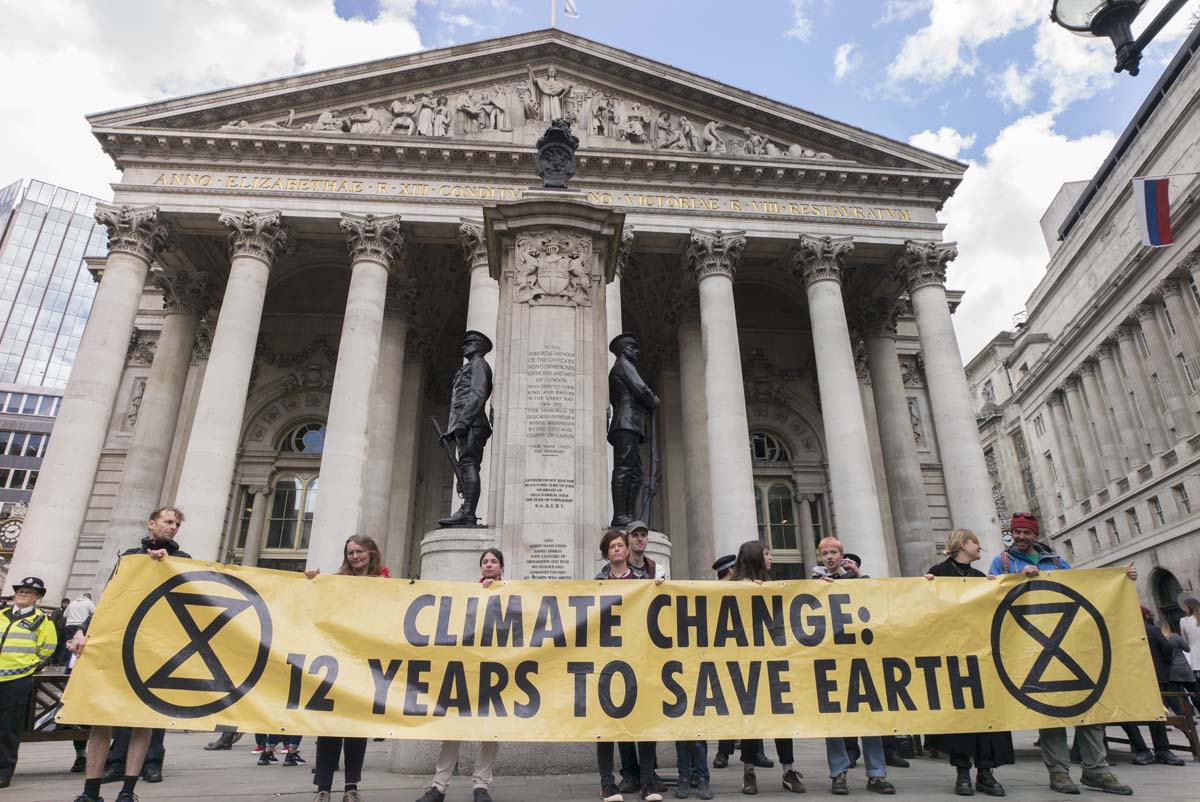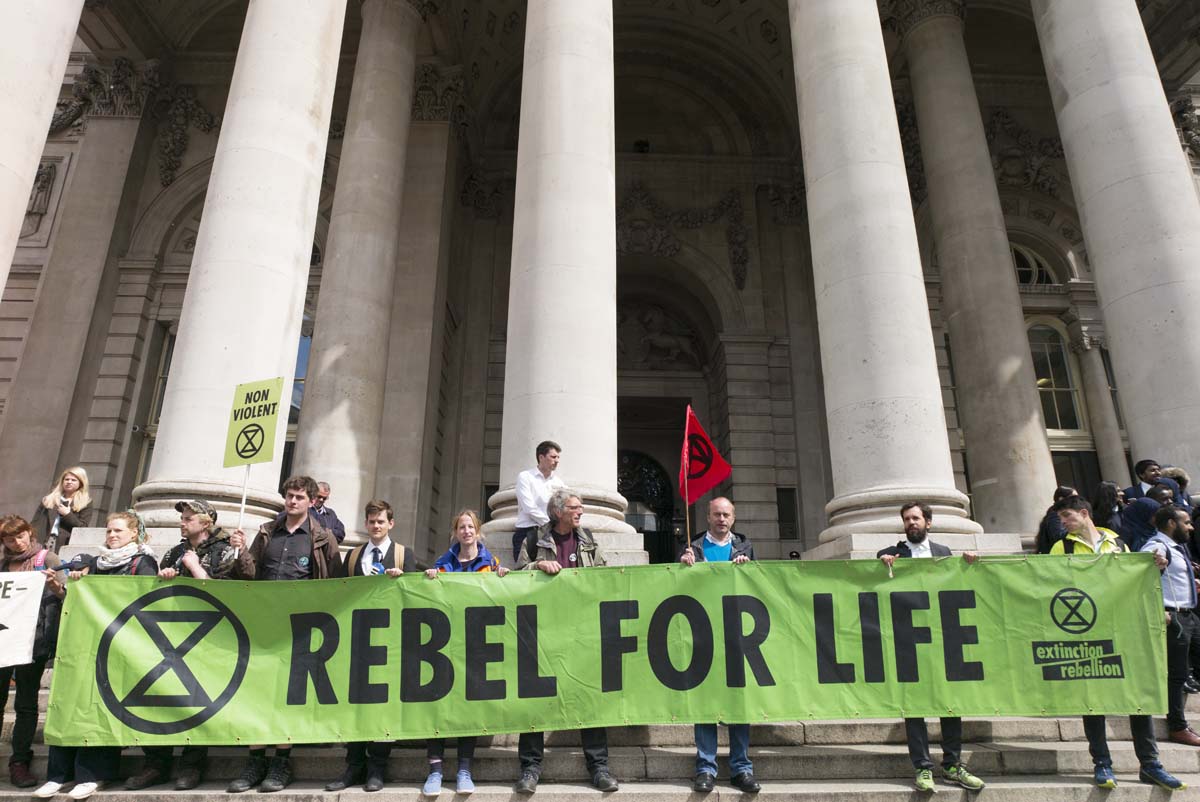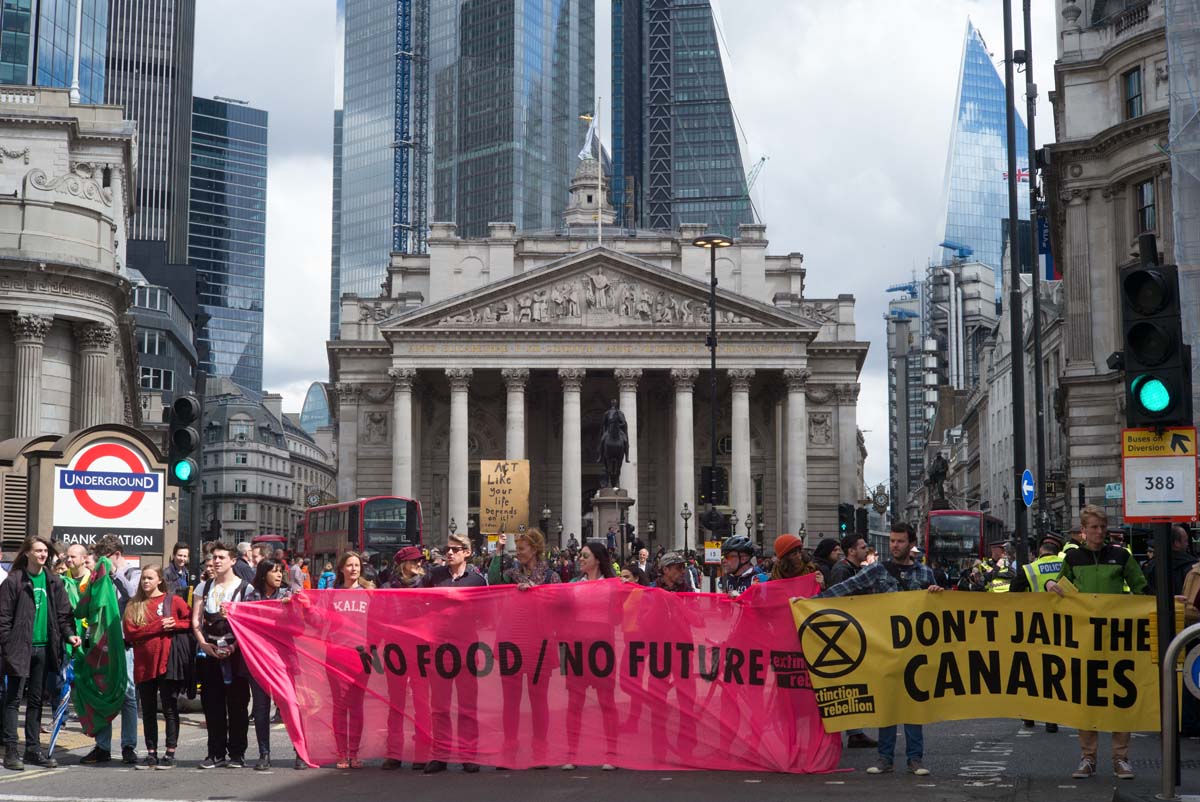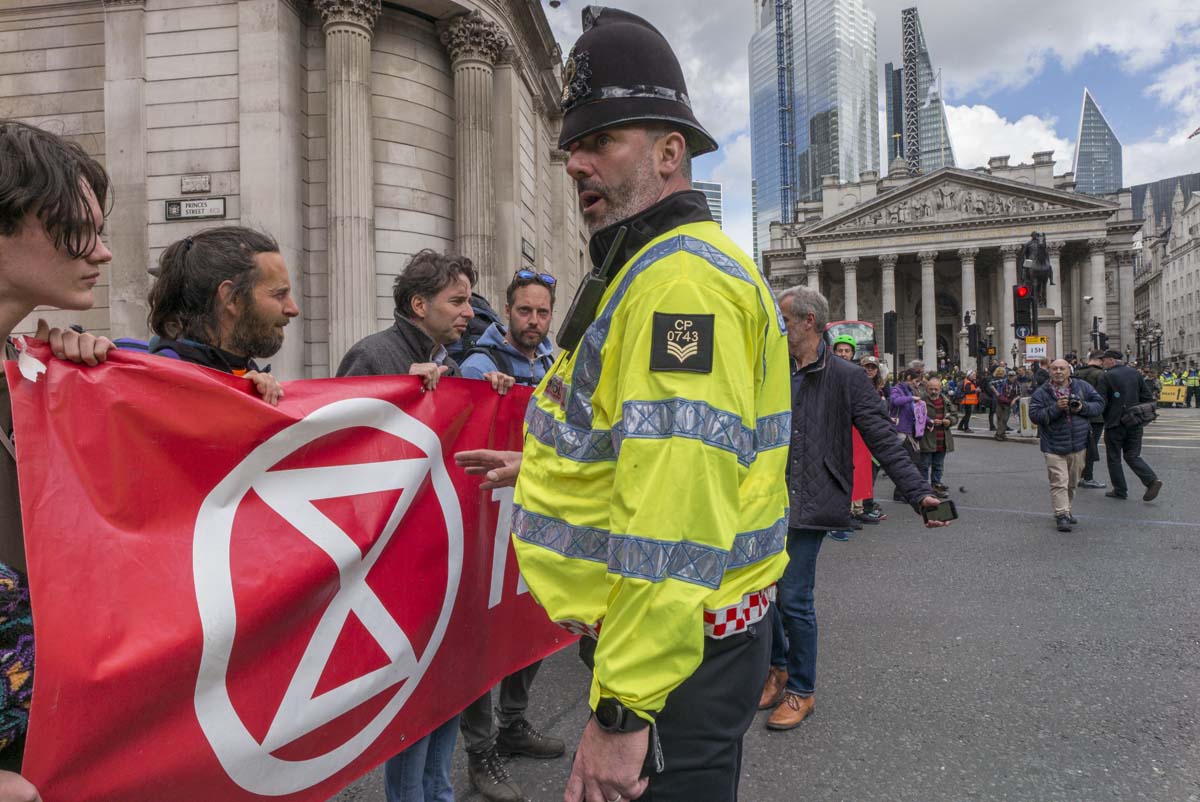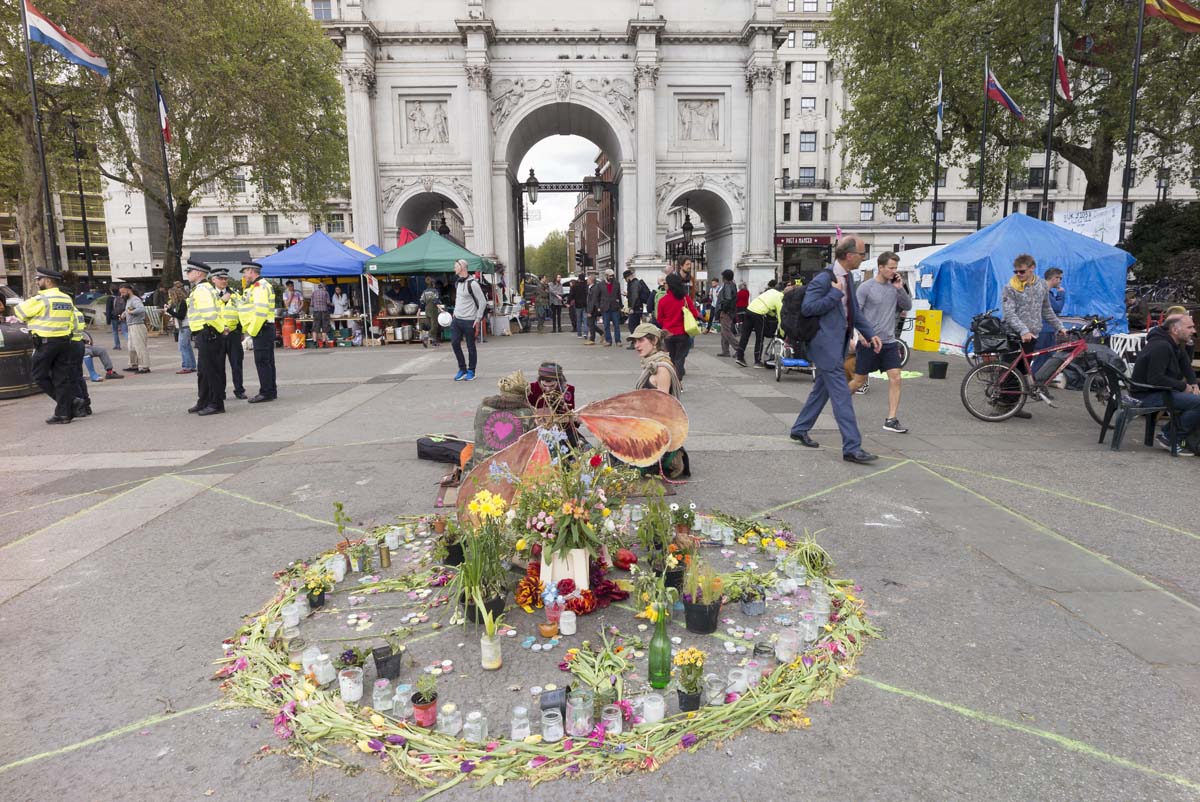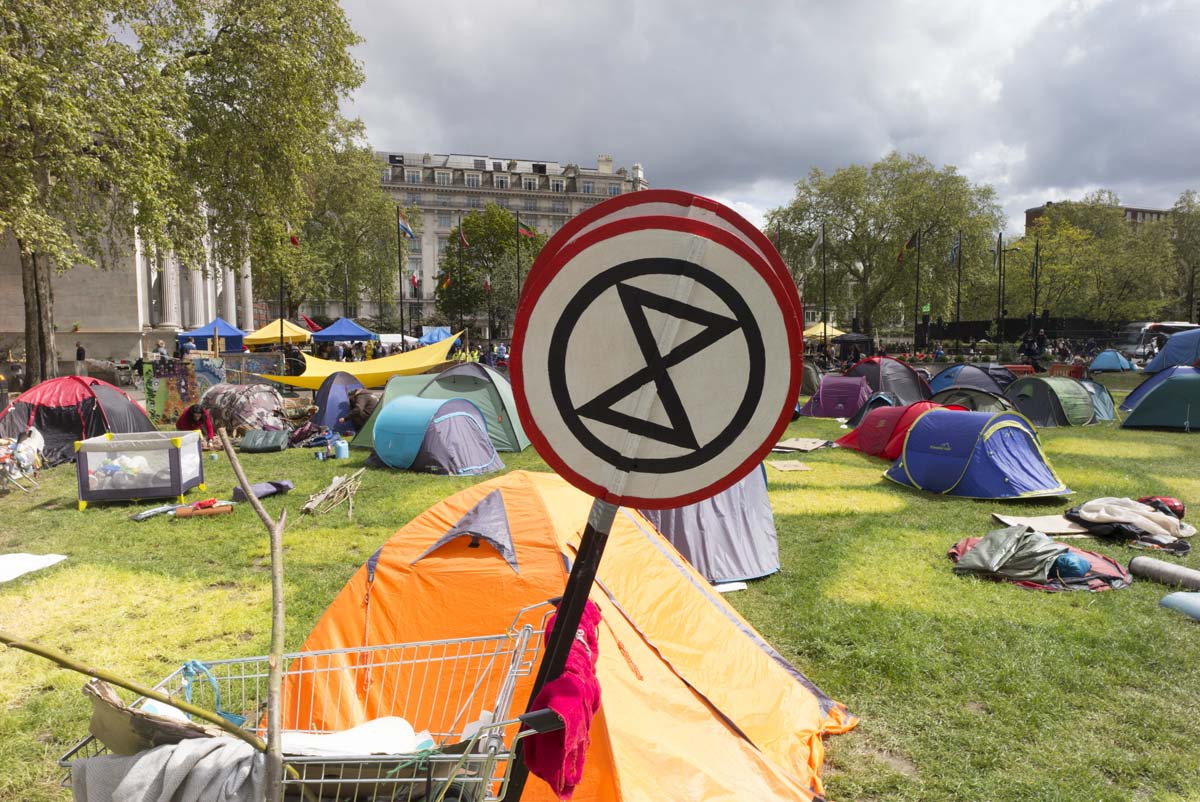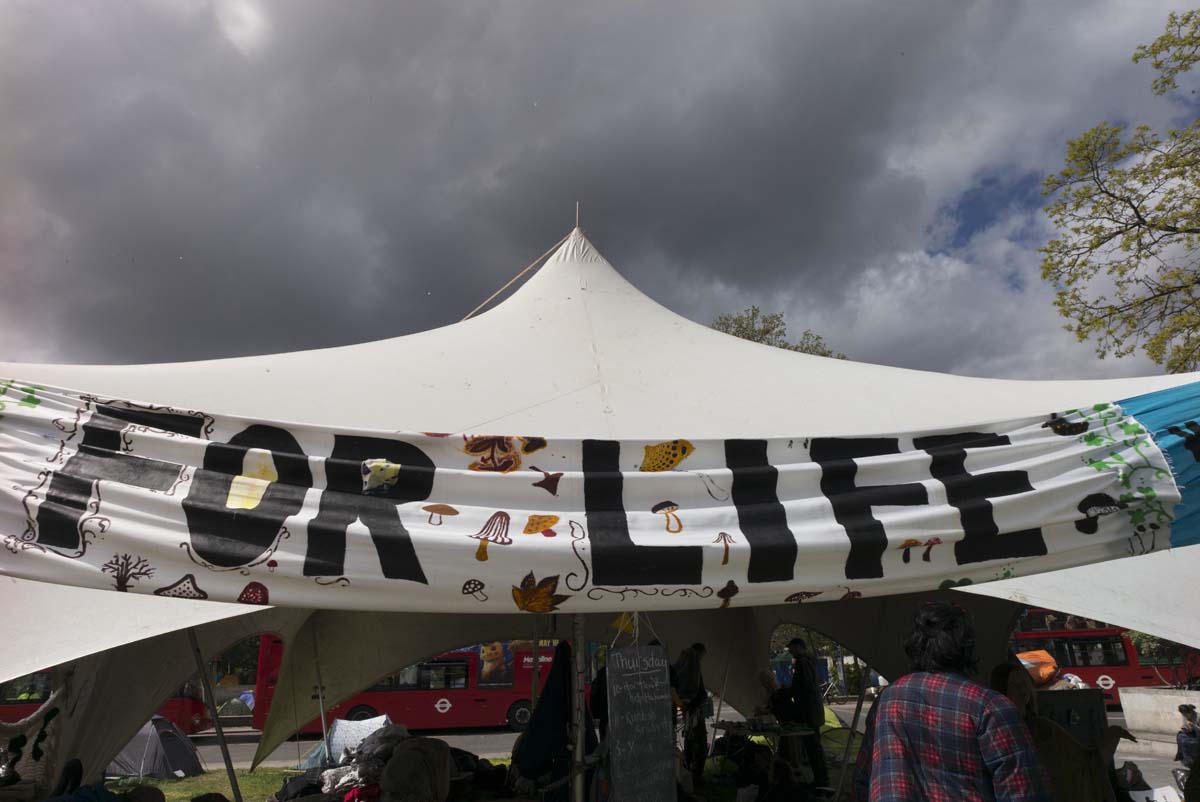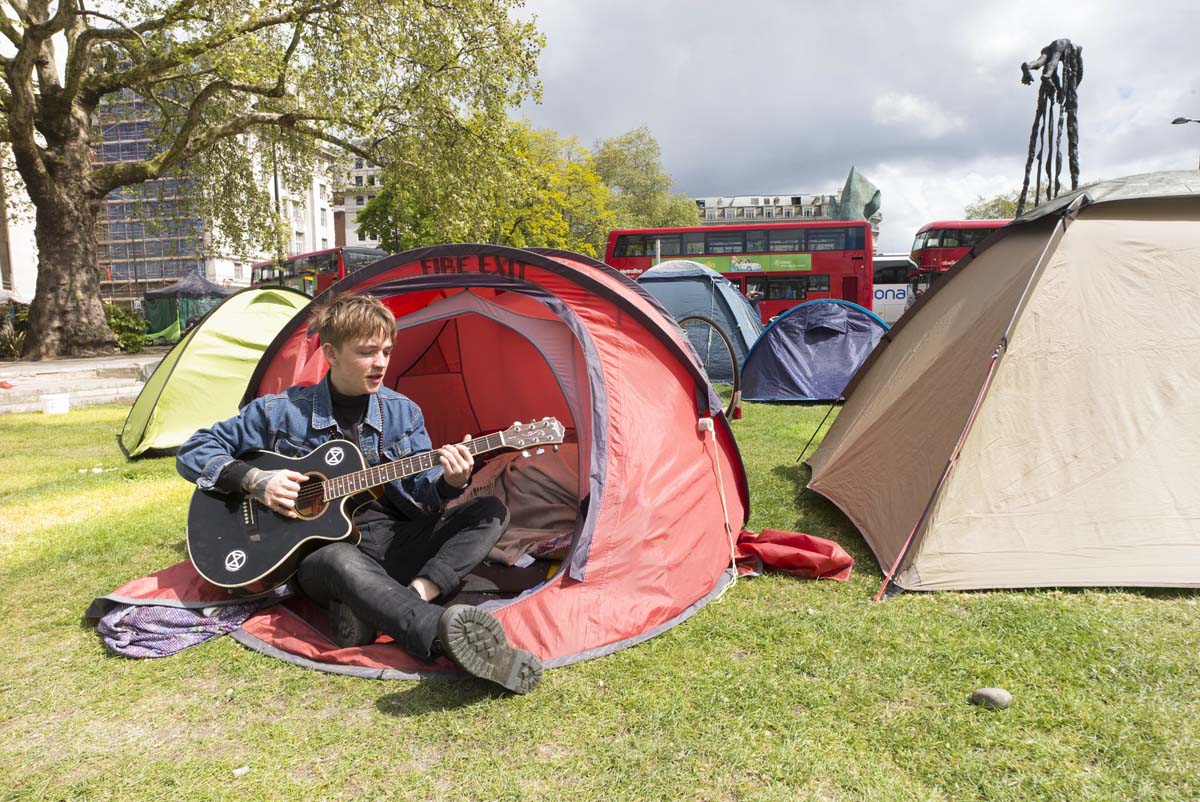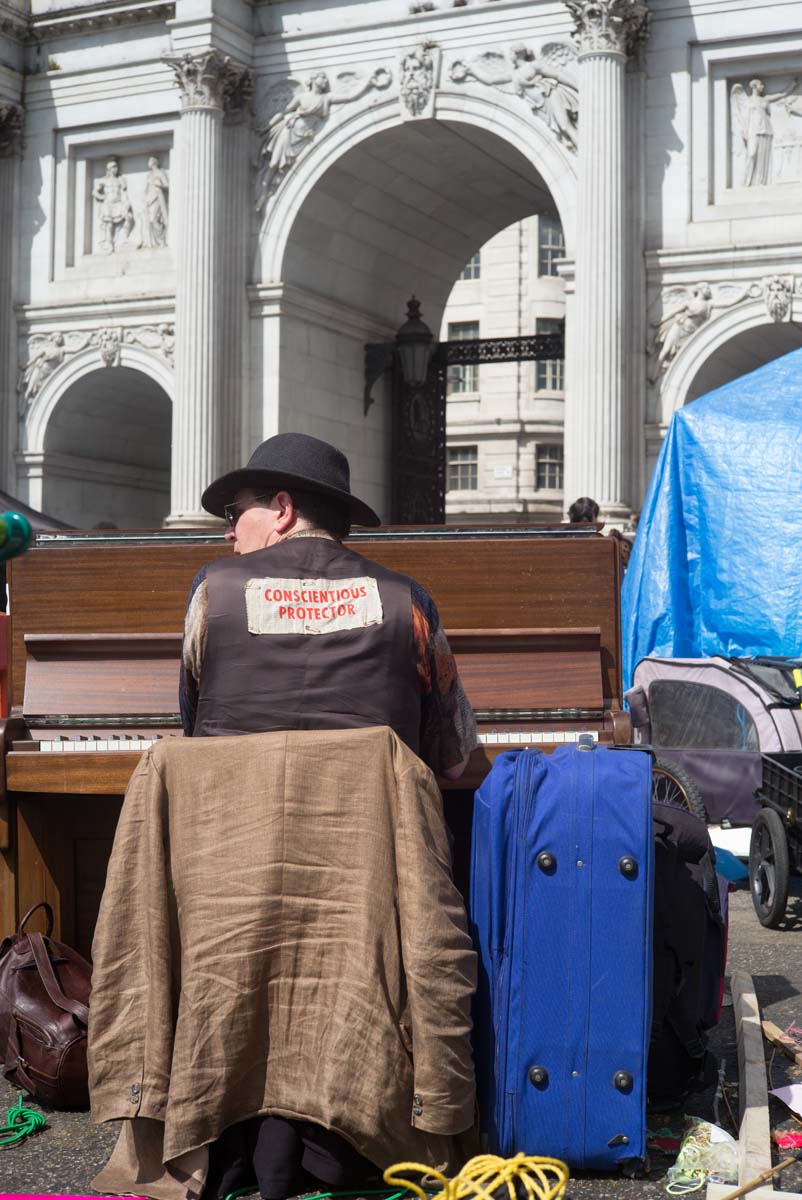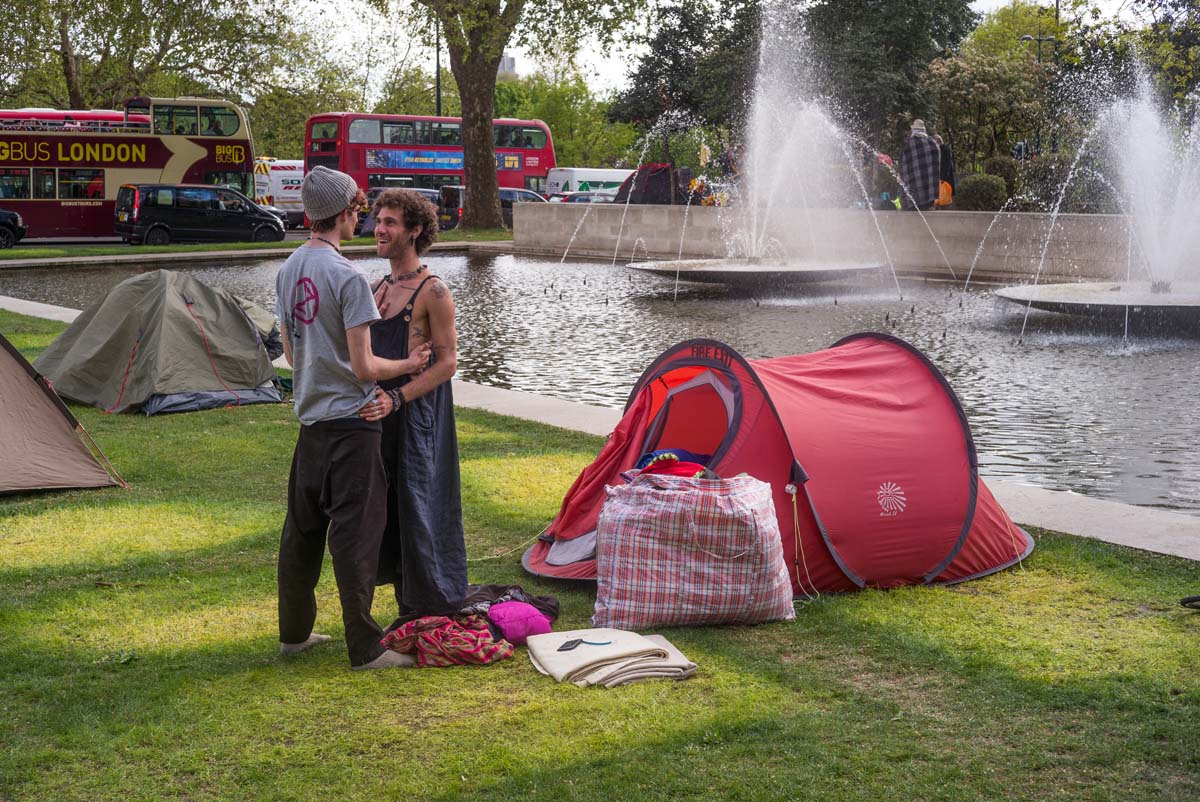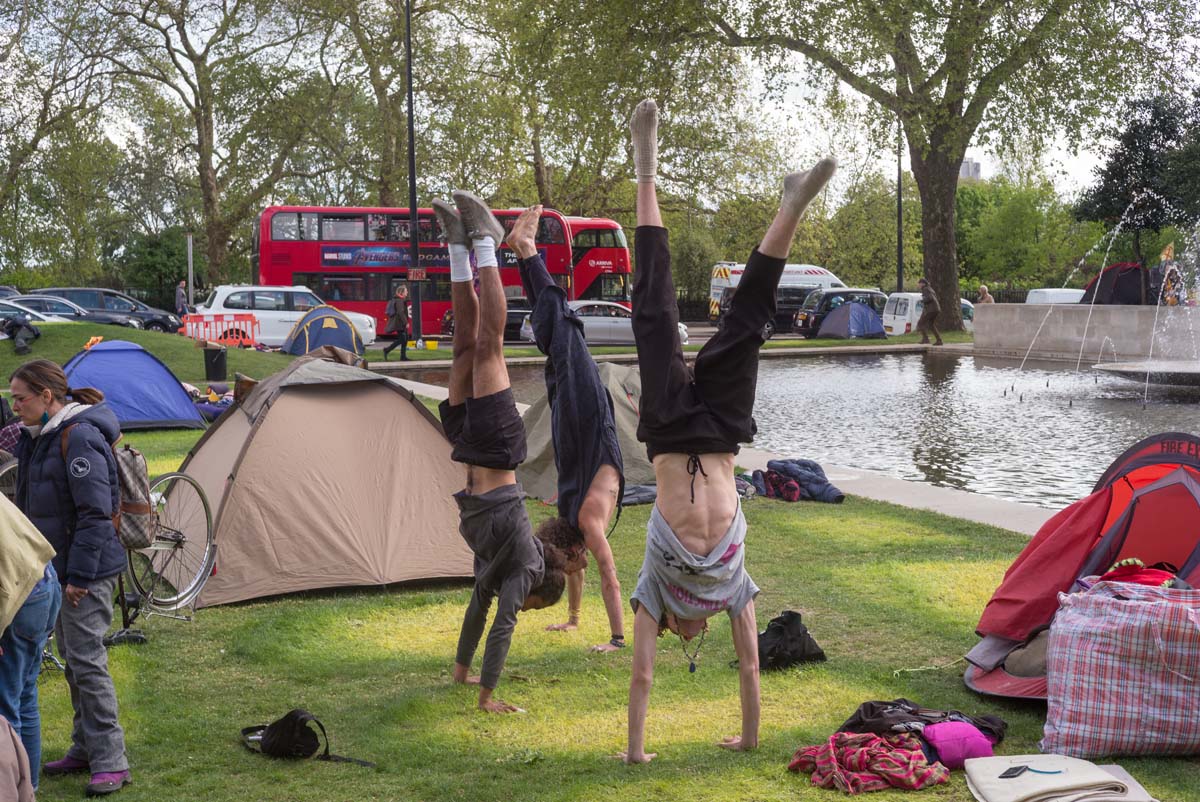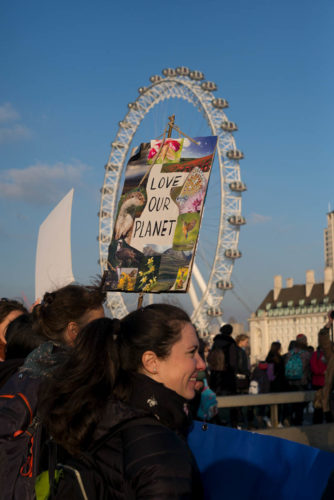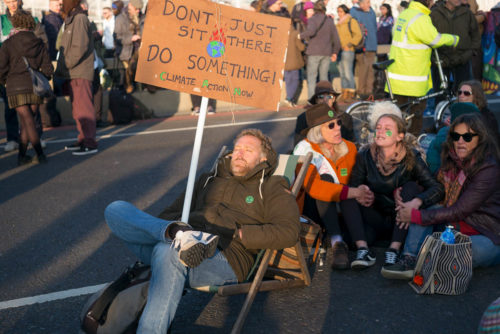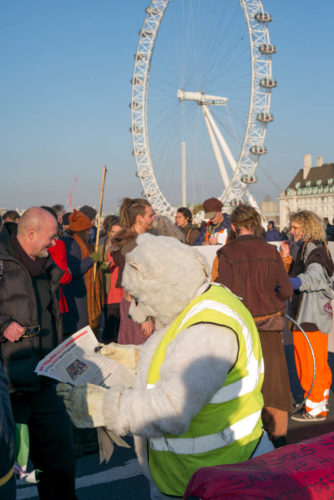Category: United Kingdom
XR_Marble_Arch_12
XR_Marble_Arch_11
XR_Marble_Arch_10
XR_Marble_Arch_09
XR_Marble_Arch_08
XR_Marble_Arch_07
XR_Marble_Arch_06
XR_Marble_Arch_05
XR_Marble_Arch_04
XR_Marble_Arch_03
XR_Marble_Arch_02
XR_Marble_Arch_01
Opposition to fracking grows as risks worsen
“It is an extraordinarily perverse decision given the reality of accelerating climate change. Essentially the government is locking us in to a whole new fossil fuel industry.”
At least twelve earthquakes have awoken the usually quiet rural area around the village of Newdigate. The area is close to the oil exploration sites of UK Oil and Gas (UKOG) at Horse Hill and Angus Energy at Brockham.
Along with searing global temperatures attributed to climate change, the quakes have not deterred the government from pressing ahead with measures to smooth the way for the onshore oil and gas industry.
Water reinjection
Critics say the timing is a cynical ploy to accelerate development over the summer – traditionally a time of low public scrutiny.
David Smythe, Emeritus Professor of Geophysics at the University of Glasgow, told The Ecologist: “We know from the US that re-injection can trigger quite major earthquakes, bigger than the ones in Surrey.
“For every barrel of oil that’s produced … you get seven barrels of water that you have to get rid of … The usual way of doing it that you have another borehole nearby and you force it down there back underground … That’s called re-injection.”
The reinjection site doesn’t even need to be close by to trigger an earthquake: “They can be 40-50 miles away”.
It has now become clear that the quakes were relatively near the surface, increasing the likelihood that they were caused by human interference.
Weak regulation
Smythe explained: “In the case of UKOG at Horse Hill it is just possible that they started some activity that they haven’t told anyone about. Re-injection or well testing or something like that, before the first of the Newdigate earthquakes that was on 1 April this year.”
On the 27 June 2018, the same day as one of the bigger earthquakes, UKOG put out a press release that stated: “Production flow test operations commence.”
The Ecologist invited UKOG to comment on reports linking its operations to the earthquakes but it did not respond.
Smythe said: “It’s clear from the evidence that they will ignore the regulations and permits with impunity. And they say they’re not active at a certain day but you know, whose checking up on them?”
Recent regulatory and government approvals coupled with a draft law designed to dissolve planning obstacles, have given oil and gas companies a summer fillip.
Commercial fracking
On 24 July, energy minister Claire Perry announced: “I am content that Hydraulic Fracturing Consent should be granted” for an extraction license at the Preston New Road exploration site in Lancashire.
This is the first time that horizontal commercial fracking has been allowed on mainland Britain since a moratorium was put in place in 2011 due to earthquakes linked to operations.
Green MP Caroline Lucas said in parliament the decision had been: “smuggled out on this last day before recess.”
“It is an extraordinarily perverse decision given the reality of accelerating climate change. Essentially the government is locking us in to a whole new fossil fuel industry.”
Residents Action on Fylde Fracking have challenged fracking company Cuadrilla’s apparent exemption to water restrictions at a time when Northwest water provider United Utilities has imposed a hosepipe ban from 5 August.
‘Water protector’
That same day that the government awarded the license, six activists were arrested for locking on using arm pipes and obstructing the fracking site entrance road. A Cuadrilla press release on 24 July stated: “Cuadrilla can confirm that it plans to take legal action against six individuals.”
When asked whether he was there to enforce the injunction one policeman at the site that day said the injunction covered, “actions on this road and any other road as well, but that’s their [Cuadrilla’s] concern and not the police. It’s a civil matter.”
Fiona [last name withheld], an activist at Preston New Road, described herself as a “water protector” and was doing her shift on “rig watch.”
She said that the injunction had not stopped protesters blockading the site. “I’m staying here all the time. It feels really important.” she said. One protestor said that the cost of challenging the injunction at Preston New Road had so far proved prohibitive.
The six anti-frackers from Surrey including from Leith Hill Protection Camp, were in court in early July and are expecting the verdict on their legal challenge in August. The ruling could have significant implications for civil liberties including the right to protest against fracking companies.
Eroding democracy
On 17 May, government minister Greg Clark announced that it would introduce a bill to allow oil companies to bypass the planning application process altogether by allowing exploration to go ahead as “permitted development.”
The bill is currently under public consultation over the summer and if successful could see central Government excluding local and county planners from much of the process.
Campaigners say this amounts to an erosion of local democracy. Fiona said the campaigning organisations around Preston plan group meetings with their MPs to lobby against the plans. The plans could enable companies such as Angus Energy easier access to drill.
According to campaign group Brockham Oil Watch, Angus has ignored planning requirements and went ahead with unauthorised drilling. Now, a year and a half later, its retrospective application was approved on 8 August by Surrey County Council, to the dismay of campaigners.
Ada Zaffina of Brockham Oil Watch said: “They [Angus Energy] misled the council into believing they were doing maintenance on an existing well and not drilling.”
Ignoring opposition
In a letter to The Times, 6 August, four senior academics said: “A moratorium is urgently needed on hydrocarbon exploration in the area of Surrey recently affected by 12 earthquakes.”
However their professional concerns failed to sway Surrey County Council which on 8 August passed a controversial application by 7 votes to 4 for Brockham operator, Angus Energy to drill. The company said it was “pleased to acknowledge today’s planning approval.”
Zaffina, who spoke at the meeting, said: “This permission was given against the objections by the Parish Council, Mole Valley District Council and the local people”. Campaigners were shocked that the Council decision had ignored widespread local opposition.
Referring to letter in The Times, Zaffina said: “The Oil & Gas Authority can hardly be regarded as independent or impartial. Its objective is to support the industry in maximising the economic recovery of oil and gas, and it is largely funded by the industry.
“We are disappointed that the planning officers relied on such advice in favour of the recent advice from a group of leading independent geologists.”
Self regulation
Smythe argued that existing permits do not require the company to submit an appropriate level of detail: “Unfortunately under the regulations in which Angus energy operate, there has been no requirement for them to report on a daily or weekly basis, what they are doing to report about re-injection – how much and how often.”
Zaffina agreed that self-monitoring by the industry is not adequate: “Even the way the permit applications work is really old school. In some US states you have a live, searchable online database that can be accessed by the public. Here you have nothing like that.”
At nearby Leith Hill campaigners were dismayed to receive news that the Environment Agency had issued an approval decision for exploration to go ahead on 23 July.
In its decision the Environment Agency highlighted the biological sensitivity of this ancient woodland classified as both a Site of Special Scientific Interest (SSSI) and an Area of Outstanding Natural Beauty (AONB).
Yet it has still given the green light for industrialisation of this protected area.
Radioactive materials
The decision report stated that: “The permit will authorise as part of the mining waste activity the flaring of any waste gas arising from well testing.”
The decision also allows naturally occurring radioactive materials “in concentrations exceeding those set out in … the Regulations.” It also determines that “an environmental permit for a groundwater activity is not required.”
A concerted Government drive to promote the industry is now underway. Ongoing consultations over the summer could decide whether onshore projects are included in the Nationally Significant Infrastructure Projects regime, allowing central government to override regional decisions about projects.
This dovetails with provision for extra resources for fast-tracking decisions on appeals of oil and gas applications that were refused at the county level. Whether the measures will kickstart the nascent industry in the face of widespread public opposition, has yet to be seen.
Further Information
Brockham: https://brockhamoilwatch.org/
Preston: http://pnrgroup.org.uk/
Leith Hill: https://www.voiceforleithhill.co.uk/
This story was published in The Ecologist Magazine, 17 August 2018 here.
-
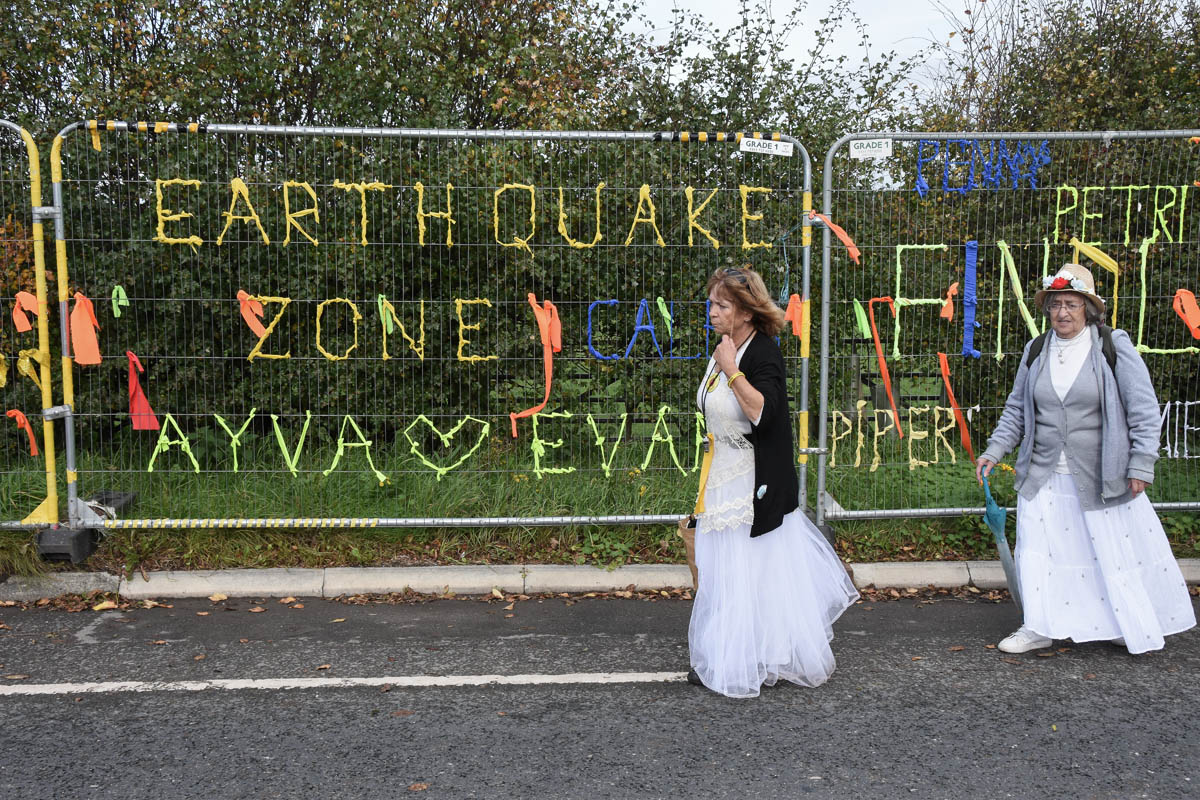 THE LANCASHIRE NANAS is a group of elderly women, many of them Grandmothers who oppose fracking. They turned out in force at the gates of the Cuadrilla Preston New Road fracking site near Blackpool in Lancashire today to protest against the first fracking since a seven year hiatus ended when...
THE LANCASHIRE NANAS is a group of elderly women, many of them Grandmothers who oppose fracking. They turned out in force at the gates of the Cuadrilla Preston New Road fracking site near Blackpool in Lancashire today to protest against the first fracking since a seven year hiatus ended when... -
 THE LANCASHIRE NANAS is a group of elderly women, many of them Grandmothers who oppose fracking. They turned out in force at the gates of the Cuadrilla Preston New Road fracking site near Blackpool in Lancashire today to protest against the first fracking since a seven year hiatus ended when...
THE LANCASHIRE NANAS is a group of elderly women, many of them Grandmothers who oppose fracking. They turned out in force at the gates of the Cuadrilla Preston New Road fracking site near Blackpool in Lancashire today to protest against the first fracking since a seven year hiatus ended when... -
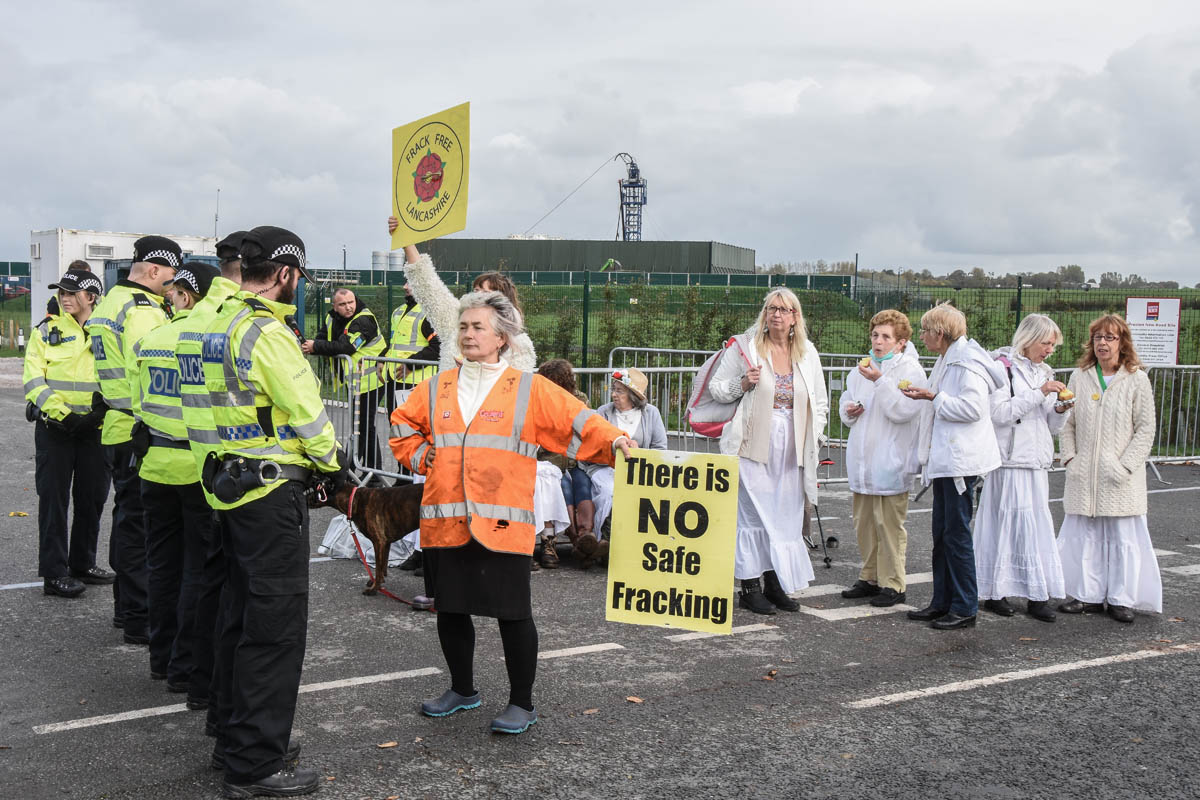 THE LANCASHIRE NANAS is a group of elderly women, many of them Grandmothers who oppose fracking. They turned out in force at the gates of the Cuadrilla Preston New Road fracking site near Blackpool in Lancashire today to protest against the first fracking since a seven year hiatus ended when...
THE LANCASHIRE NANAS is a group of elderly women, many of them Grandmothers who oppose fracking. They turned out in force at the gates of the Cuadrilla Preston New Road fracking site near Blackpool in Lancashire today to protest against the first fracking since a seven year hiatus ended when... -
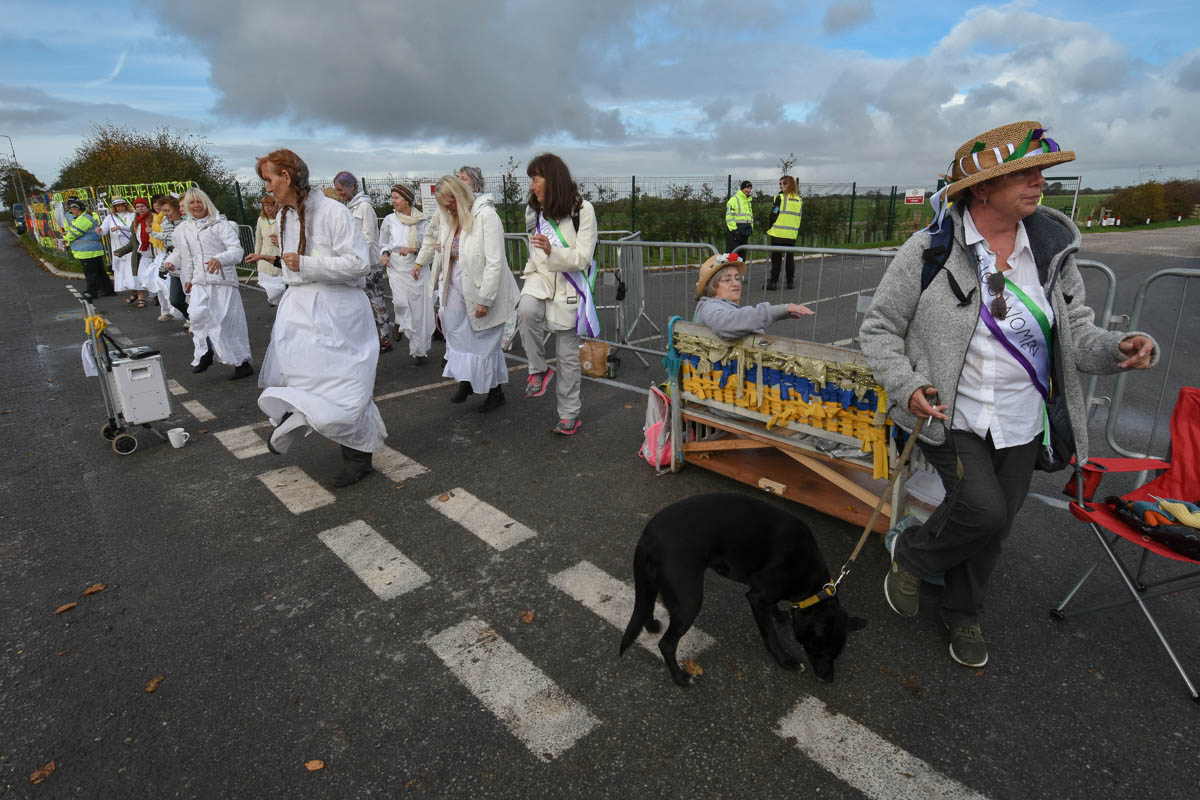 THE LANCASHIRE NANAS is a group of elderly women, many of them Grandmothers who oppose fracking. They turned out in force at the gates of the Cuadrilla Preston New Road fracking site near Blackpool in Lancashire today to protest against the first fracking since a seven year hiatus ended when...
THE LANCASHIRE NANAS is a group of elderly women, many of them Grandmothers who oppose fracking. They turned out in force at the gates of the Cuadrilla Preston New Road fracking site near Blackpool in Lancashire today to protest against the first fracking since a seven year hiatus ended when... -
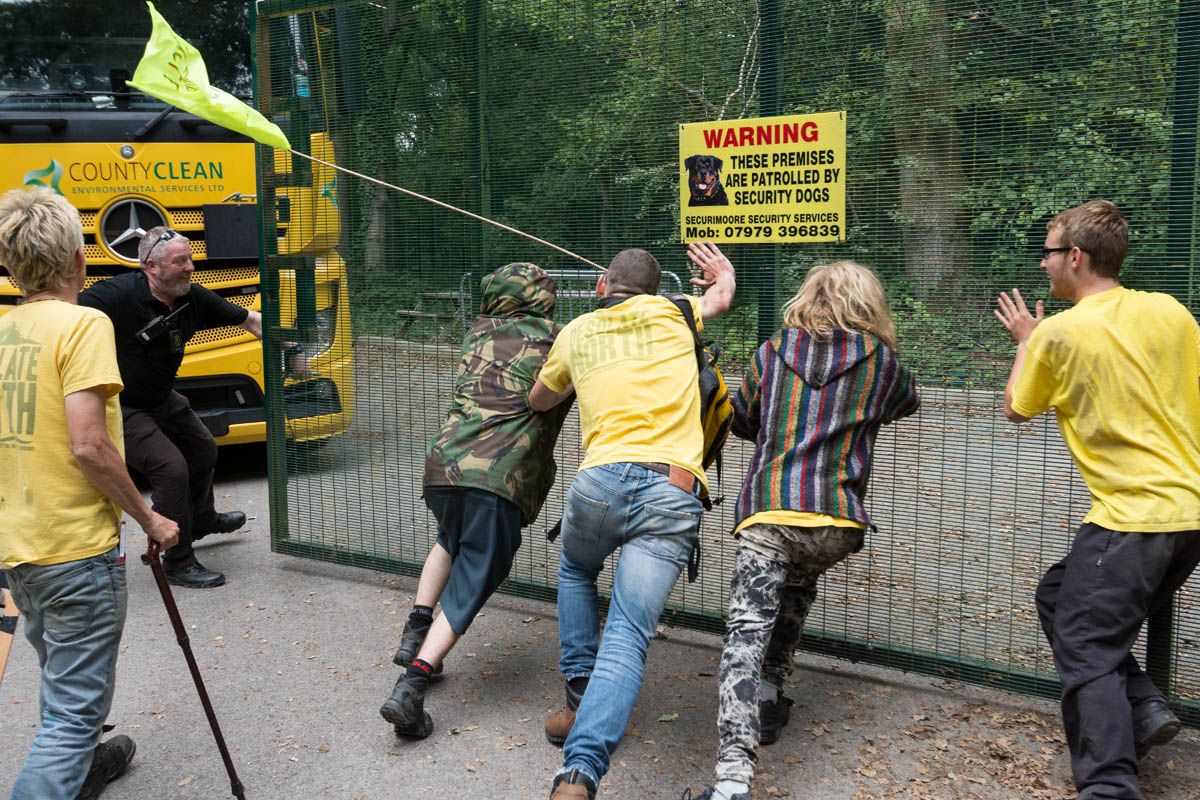 The Horse Hill oil exploration well site which has recently begun tests, was blockaded by protesters. Around 90 protesters blockaded the gates to the site and prevented a truck from entering by walking in front of it. An initially small police presence grew as the day progressed. Credit: RodHarbinson.com
The Horse Hill oil exploration well site which has recently begun tests, was blockaded by protesters. Around 90 protesters blockaded the gates to the site and prevented a truck from entering by walking in front of it. An initially small police presence grew as the day progressed. Credit: RodHarbinson.com -
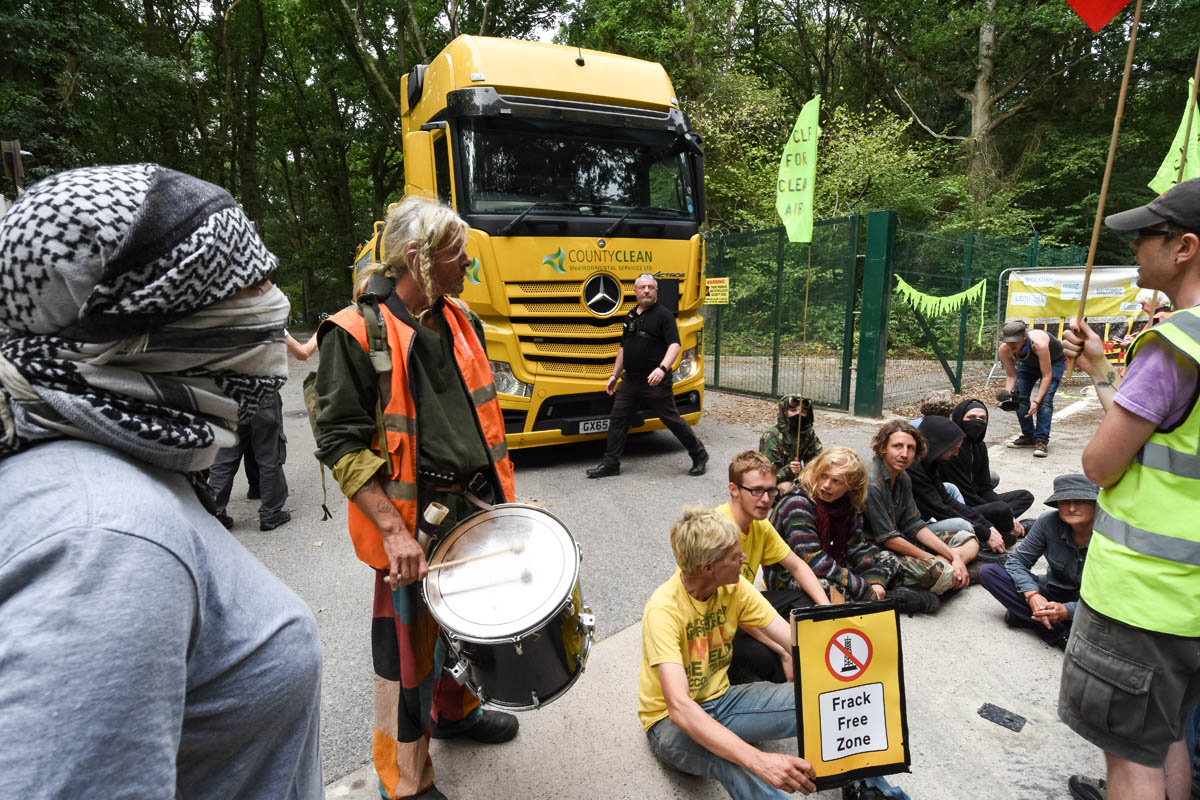 The Horse Hill oil exploration well site which has recently begun tests, was blockaded by protesters. Around 90 protesters blockaded the gates to the site and prevented a truck from entering by walking in front of it. An initially small police presence grew as the day progressed. Credit: RodHarbinson.com
The Horse Hill oil exploration well site which has recently begun tests, was blockaded by protesters. Around 90 protesters blockaded the gates to the site and prevented a truck from entering by walking in front of it. An initially small police presence grew as the day progressed. Credit: RodHarbinson.com -
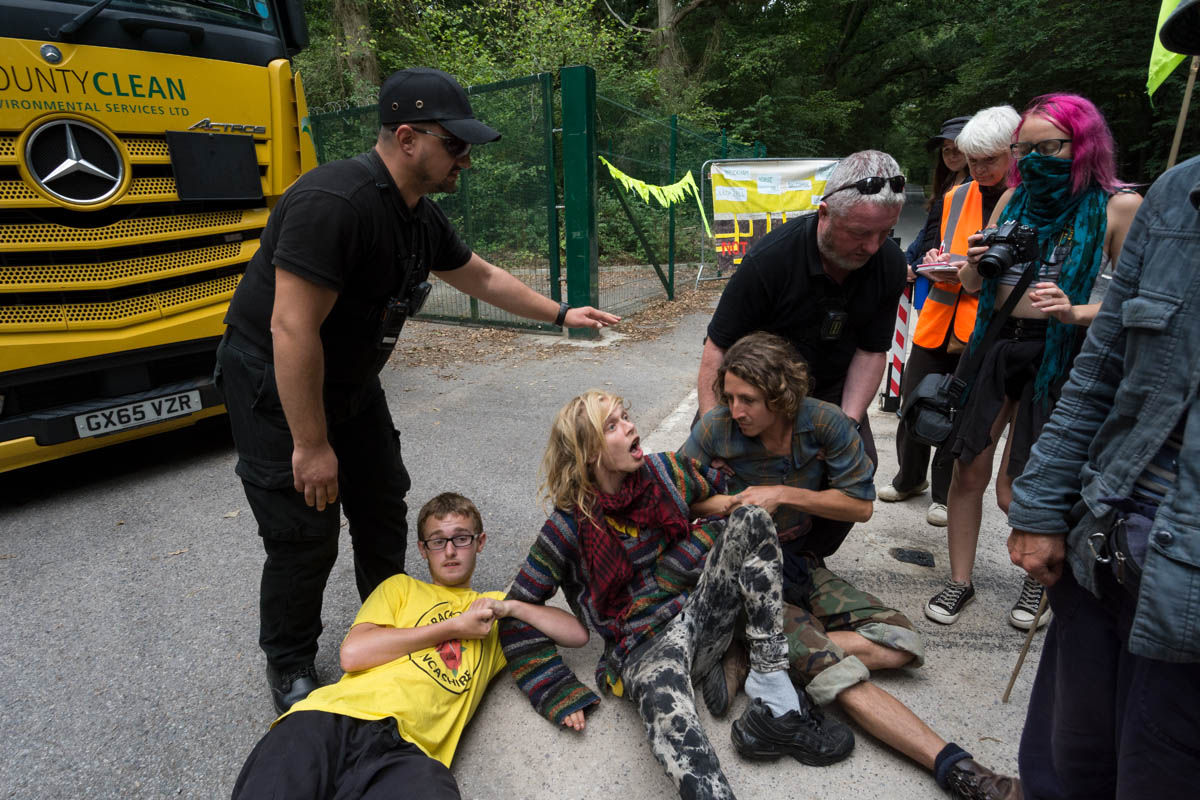 The Horse Hill oil exploration well site which has recently begun tests, was blockaded by protesters. Around 90 protesters blockaded the gates to the site and prevented a truck from entering by walking in front of it. An initially small police presence grew as the day progressed. Credit: RodHarbinson.com
The Horse Hill oil exploration well site which has recently begun tests, was blockaded by protesters. Around 90 protesters blockaded the gates to the site and prevented a truck from entering by walking in front of it. An initially small police presence grew as the day progressed. Credit: RodHarbinson.com -
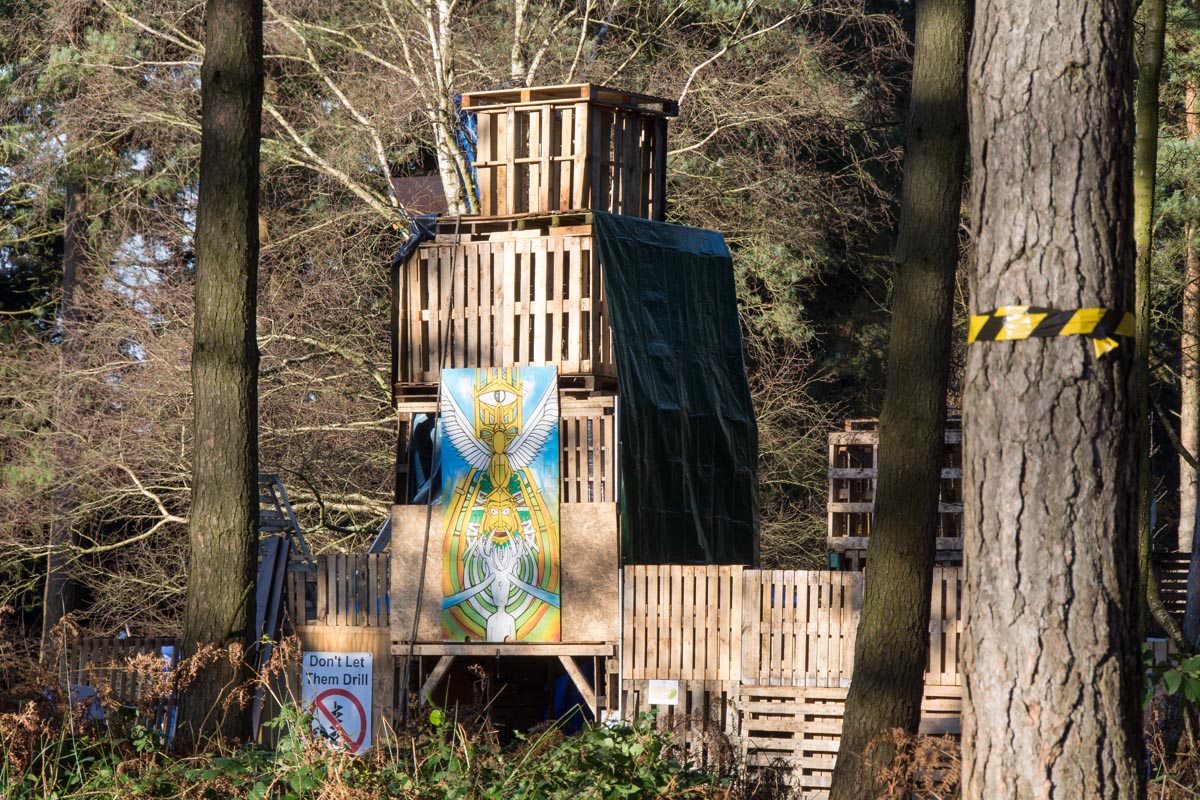 A fort constructed out of discarded wooden pallets at Leith Hil Protection Camp in Surrey. In June 2017 the camp was evicted and demolished. Four activists locked themselves inside the tower overnight and were removed by a specialist team. Underneath the fort a network of tunnels had been built.
A fort constructed out of discarded wooden pallets at Leith Hil Protection Camp in Surrey. In June 2017 the camp was evicted and demolished. Four activists locked themselves inside the tower overnight and were removed by a specialist team. Underneath the fort a network of tunnels had been built. -
 Two protesters are re-united having been locked-on in a wooden tower overnight during hte eviction of Leith Hill Protection Camp in June 2017. Four protesters were cut out off lock-ons in a makeshift wooden tower 22 June. The protest camp was established on the proposed exploration drilling site in Novermber...
Two protesters are re-united having been locked-on in a wooden tower overnight during hte eviction of Leith Hill Protection Camp in June 2017. Four protesters were cut out off lock-ons in a makeshift wooden tower 22 June. The protest camp was established on the proposed exploration drilling site in Novermber...
Extinction Rebellion takes climate emergency to the streets
Extinction Rebellion (ER) has emerged in the UK as the latest expression of the deep discontent and grief felt by many who can see that the planetary exploitation of nature is having irreversible effects on the Earth’s climate.
“We are facing an unprecedented global emergency. The government has failed to protect us. To survive, it’s going to take everything we’ve got.” – ER website.
Extinction Rebellion has three demands:
1. The Government must tell the truth about the climate and wider ecological emergency, reverse inconsistent policies and work alongside the media to communicate with citizens.
2. The Government must enact legally binding policy measures to reduce carbon emissions to net zero by 2025 and to reduce consumption levels.
3. A national Citizen’s Assembly to oversee the changes, as part of creating a democracy fit for purpose.
Advocating civil disobedience as a way to draw attention to a planet in crisis, XR has been quick to rollout a series of events from ‘swarming’ roadblocks, office occupations (including Greenpeace), to a series of Rebellion Days of mass protests in central London, the first two of which are depicted here.
The first Rebellion Day on 17 November 2018, occupied five road bridges (Waterloo, Southwark, Westminster, Blackfriars and Lambeth) in central London resulting in over 80 arrests. The second a week later was a memorial funeral for extinct species. Initial attempts to dig a burial grave in the centre of Parliament Square were stopped by police. Instead the coffin headed a procession past Downing Street and the Cenotaph and eventually came to rest at the gates of Buckingham palace where a letter was read out to the Queen.
By picking up the civil disobedience baton, ER has become the latest in a long line of protest resistance from the Diggers to the Suffragettes. More recent movements to confront the same issues as ER using civil disobedience have had varying degrees of success. Perhaps the one with most parallels and most similar acronym is Earth First! or EF! as it is commonly known.
Beginning in the early 1990’s EF! forged alliances, challenged entrenched environmentalism and galvanized civil disobedience towards the issues of the day, from rainforest destruction to road-building and climate change. It spawned a series of spin-off movements: Reclaim the streets and Climate Camp, to name a few.
Do or Die – the activist journal that reported on the events of the 90’s and provided political analysis of the day came to an end in 2003, but still provides an excellent archive of this period of resistance.
As with all movements that attempt to bring about societal change, ER has already courted controversy and stimulated debate within the resistance movement on the relative merits of the current direction of travel – central among them civil disobedience leading to arrest, often on a large scale.
Many in the EF! movement gave up their liberty and did their time imprisoned for their beliefs. Many more faced court trials, fines and criminal records for ‘digger-diving’ or similar. More often arrests were incidental to the actions of protest rather than the aim in itself, and this is perhaps a key distinction to be explored. Given the enormous amounts of energy and costs associated with prosecution, it is worth having clarity on the approach from the outset.
“We are willing to make personal sacrifices. We are prepared to be arrested and to go to prison.” – ER website.
The ER approach of apparently getting arrested as end in itself as a political statement, has been criticized by some as politically naive for risking turning away potential recruits at an early stage in the development of the movement and risking its long-term sustainability.
Whatever the outcome of this particular debate, there is no denying that ER has entered the resistance stage with aplomb. Revitalising resistance after barren years dampened by the war on terror and austerity, ER’s injection of energy provides a welcome boost.
The question now is whether it is politically savvy enough to expand its position, and appealing enough to cause a snowball effect to attract a mass following from beyond the seasoned activist scene.
Here is the full Extinction Rebellion Declaration of Rebellion.
-
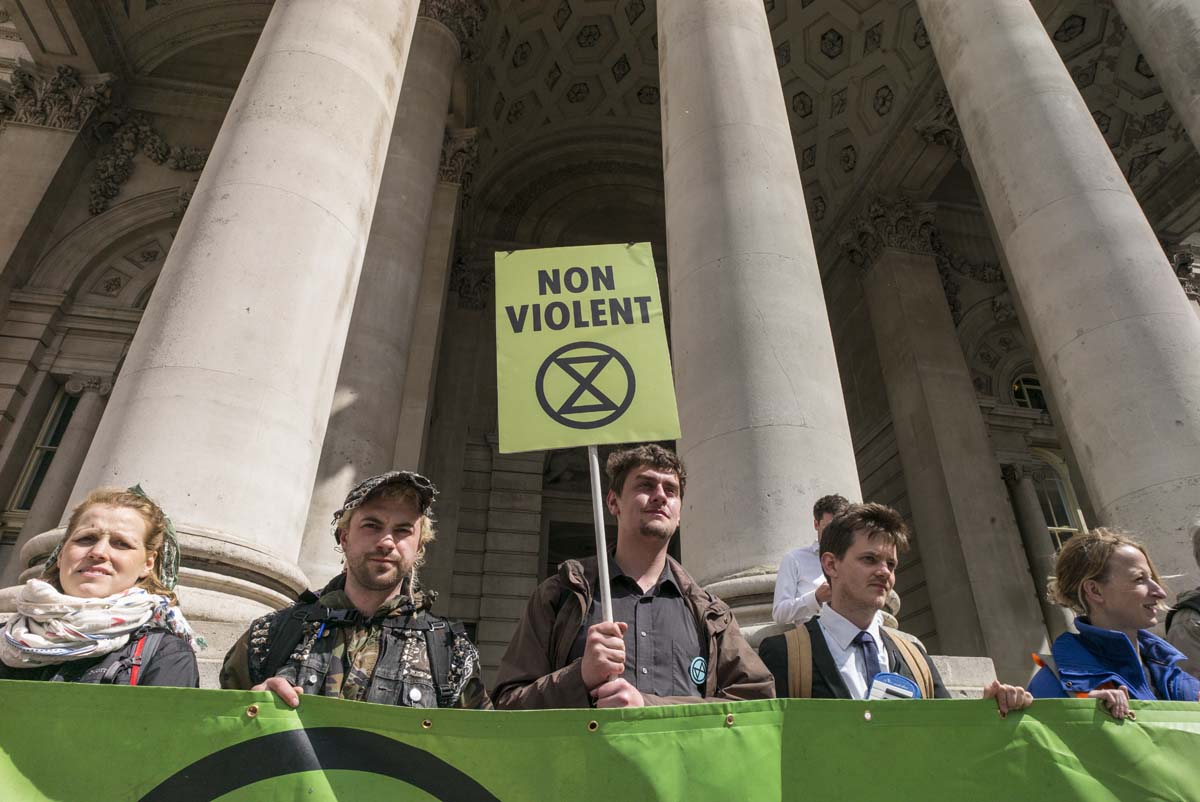 Extinction Rebellion protesters camped out at London’s Marble Arch, finally declared a pause after days of protests in the UK capital over the Easter holidays. At one point four major intersections were closed to protest. Before an evening closing ceremony in Hyde Park on Thursday, hundreds carried out ‘swarming’ protests,...
Extinction Rebellion protesters camped out at London’s Marble Arch, finally declared a pause after days of protests in the UK capital over the Easter holidays. At one point four major intersections were closed to protest. Before an evening closing ceremony in Hyde Park on Thursday, hundreds carried out ‘swarming’ protests,...


